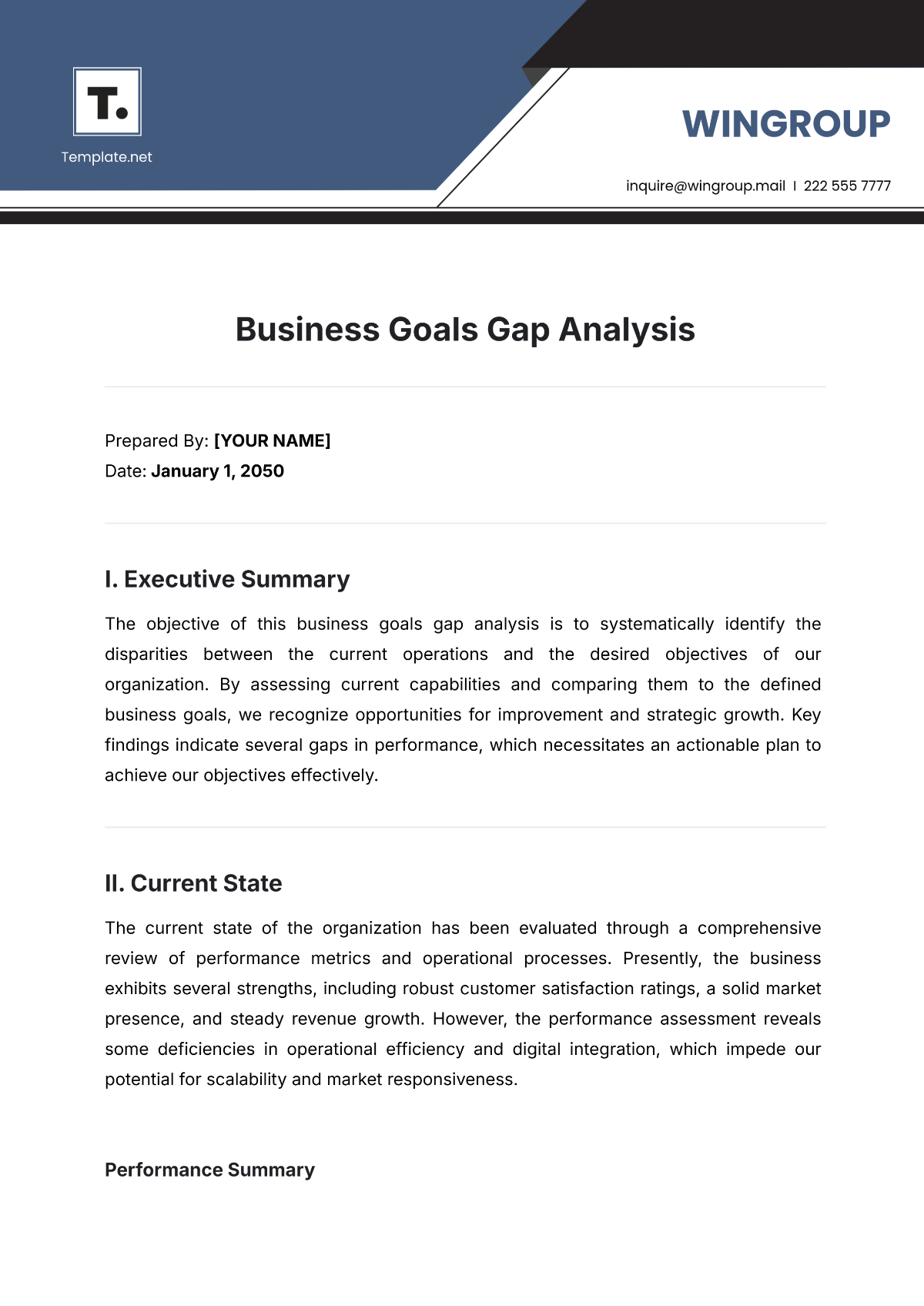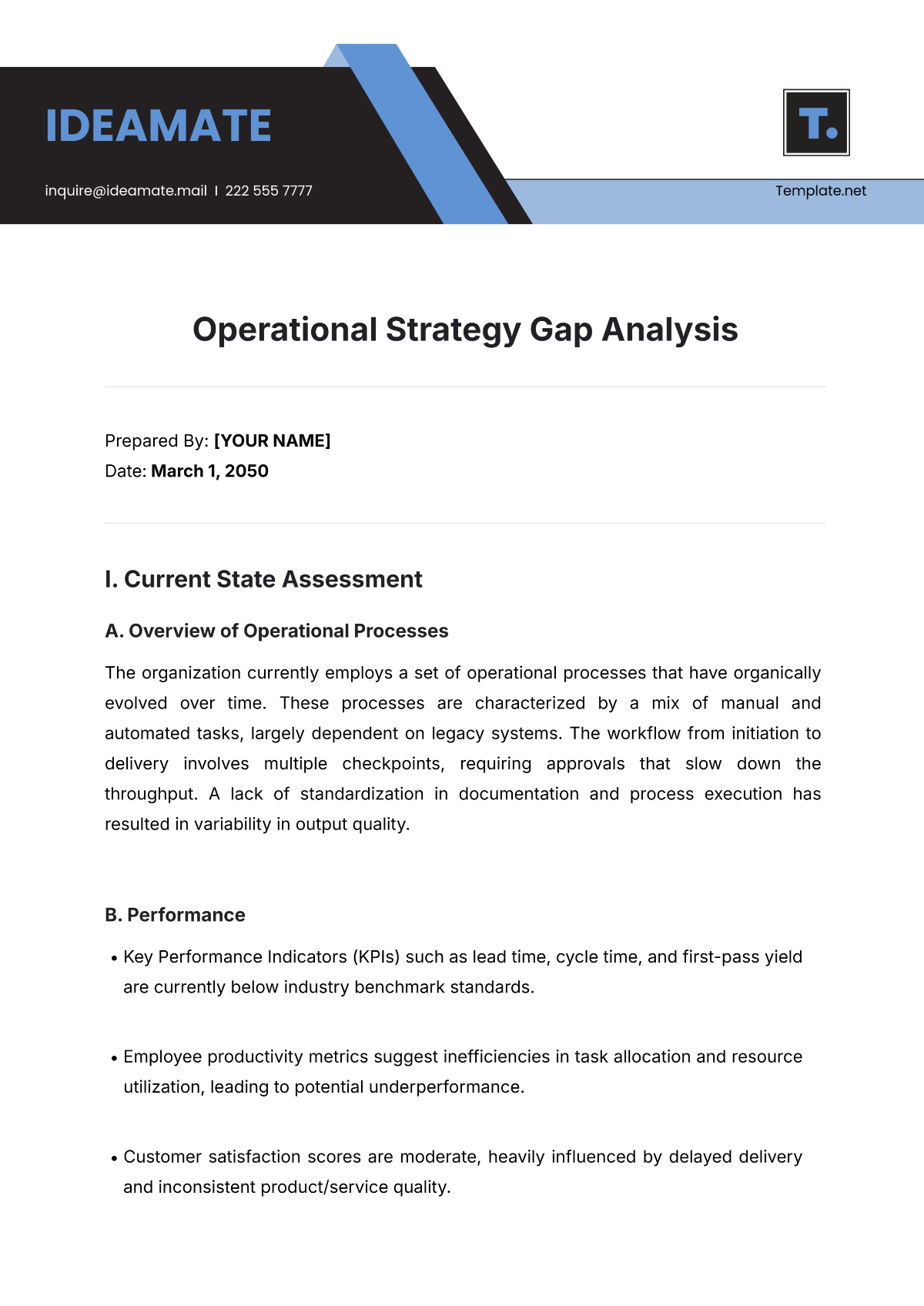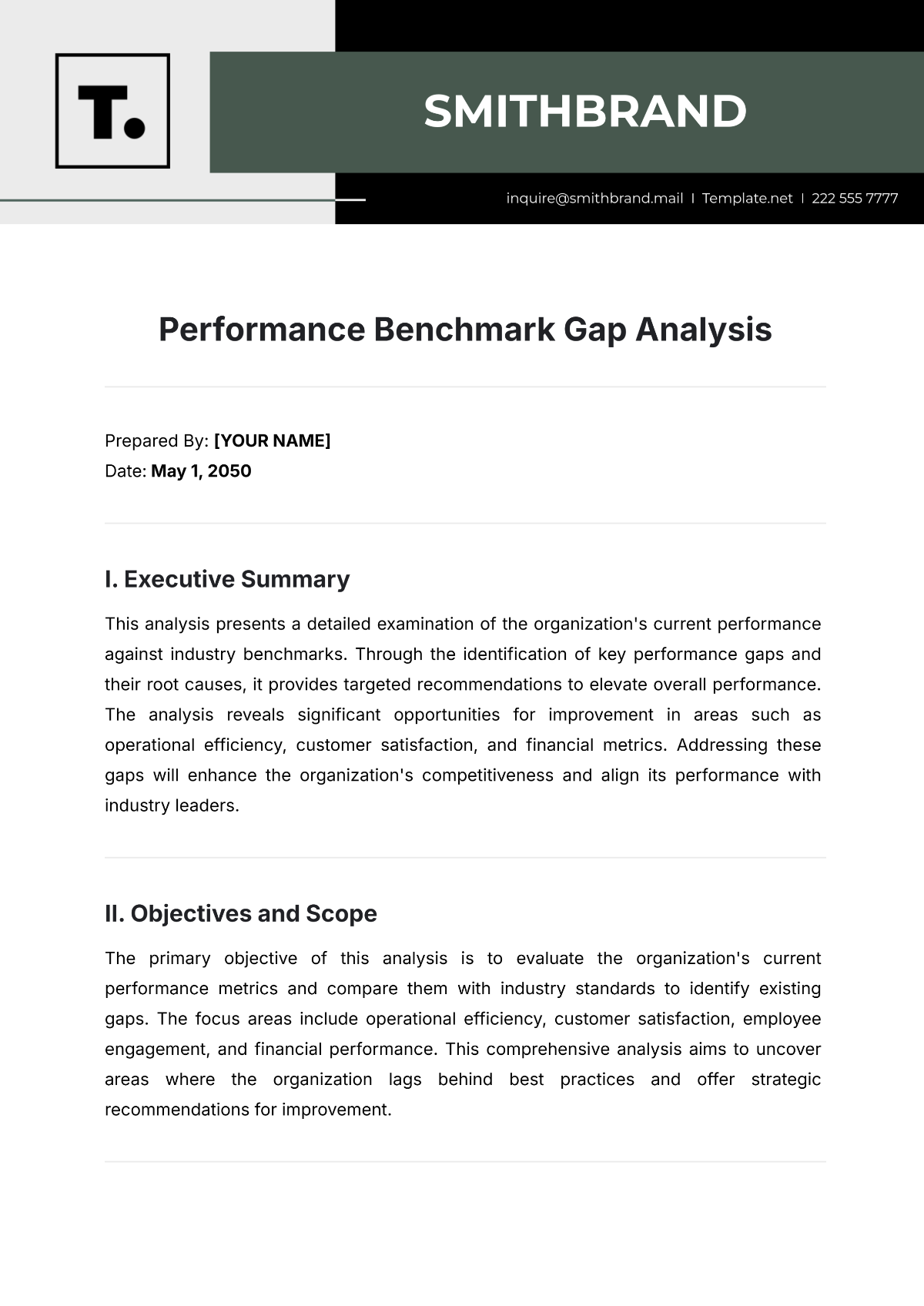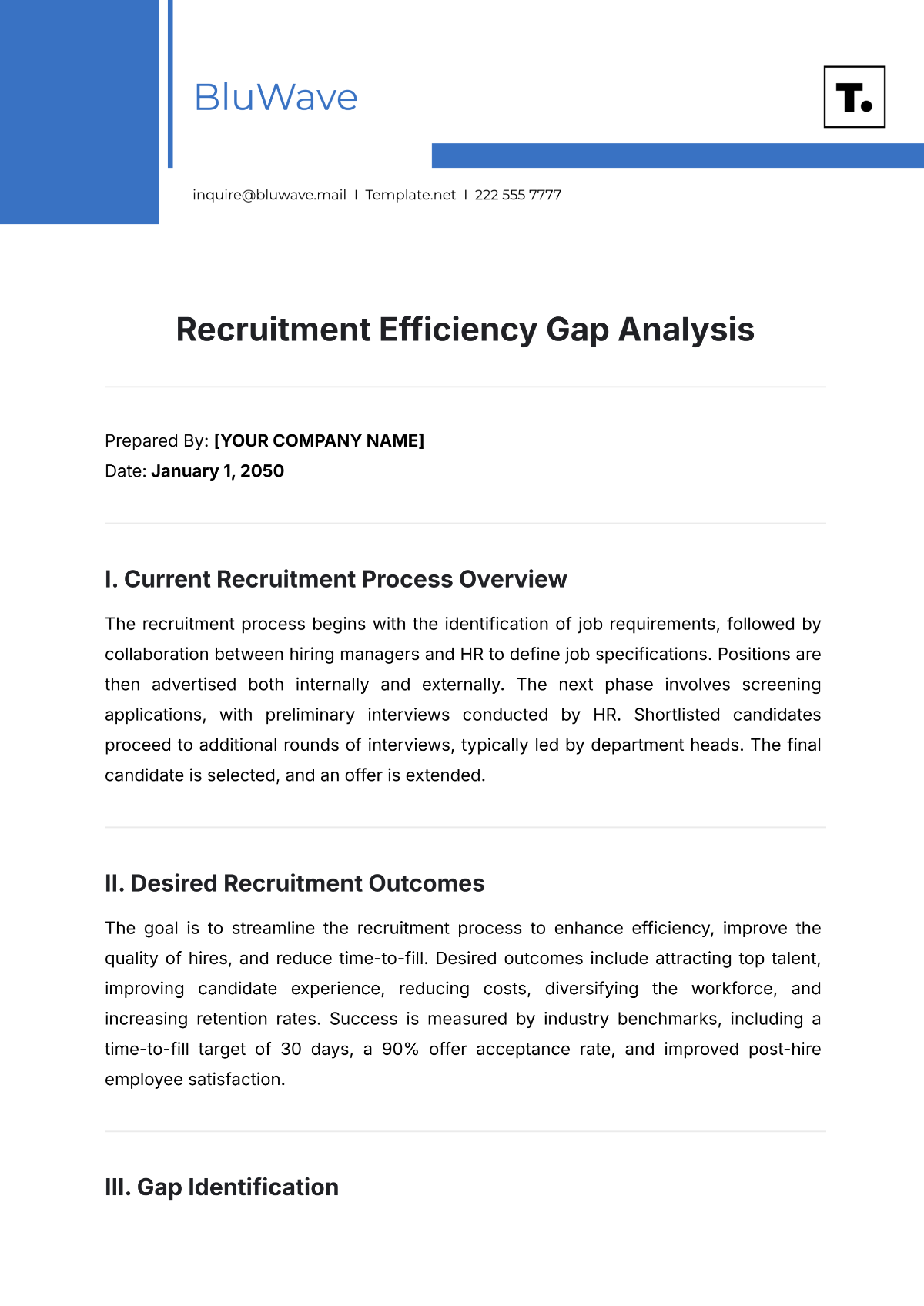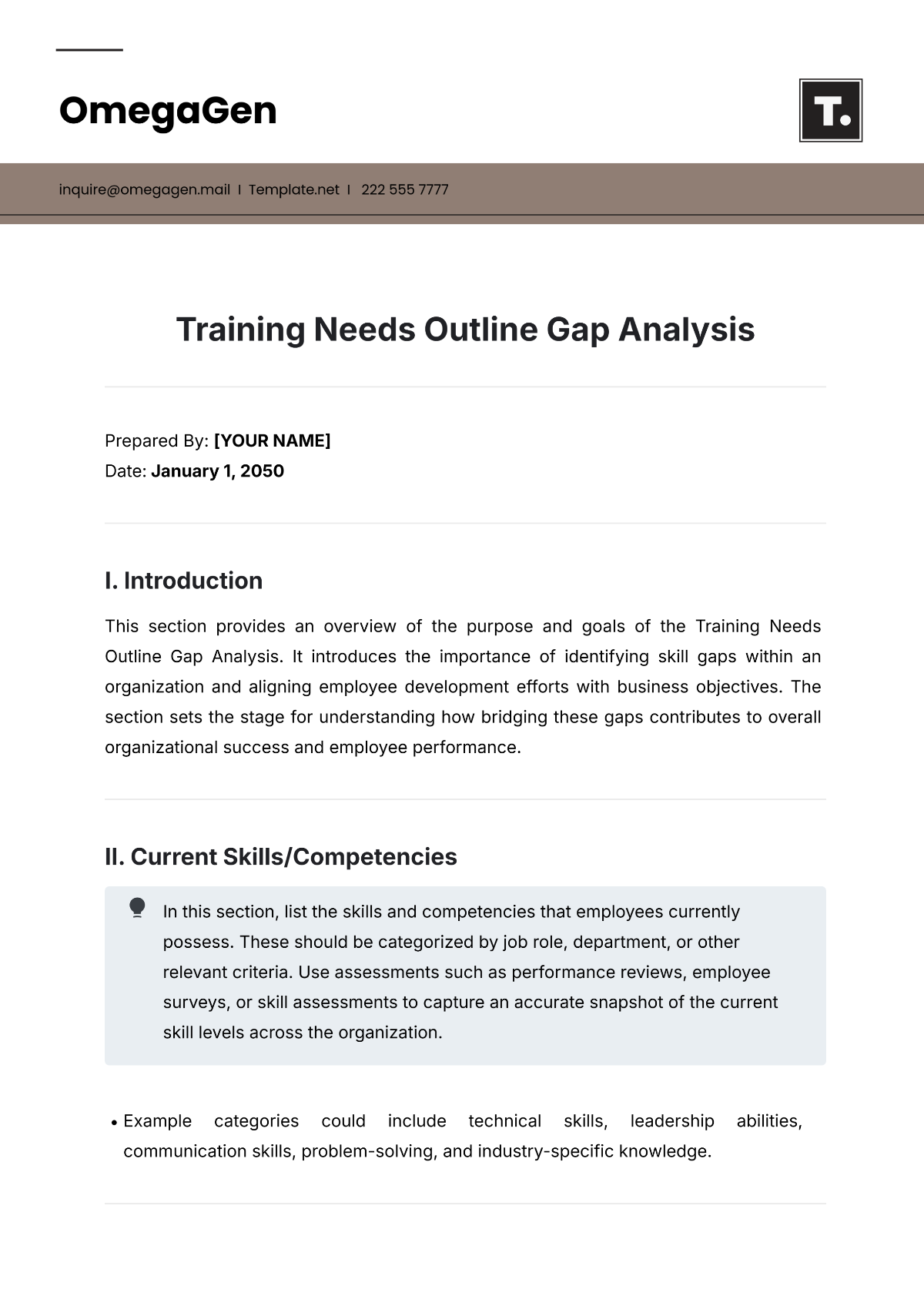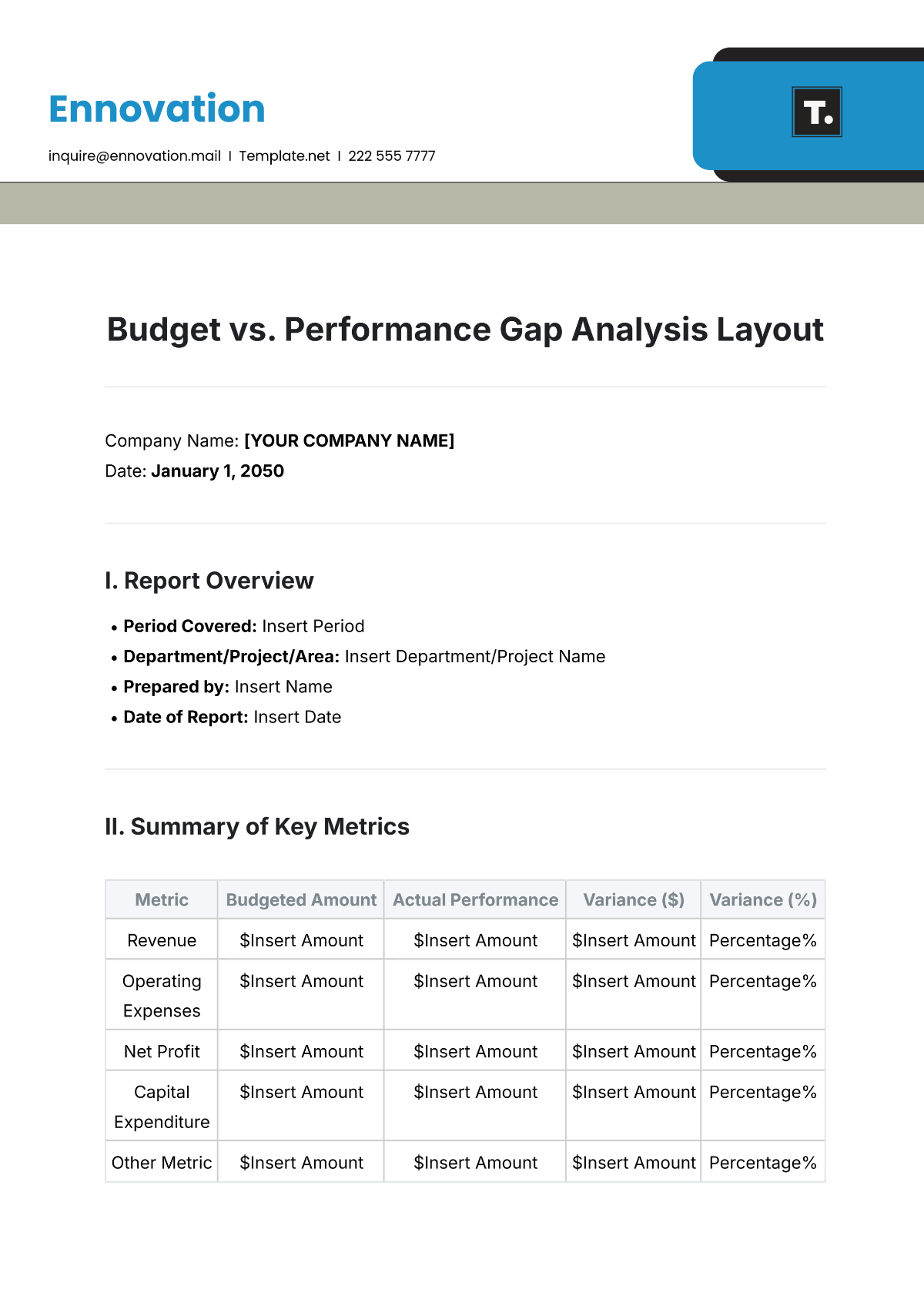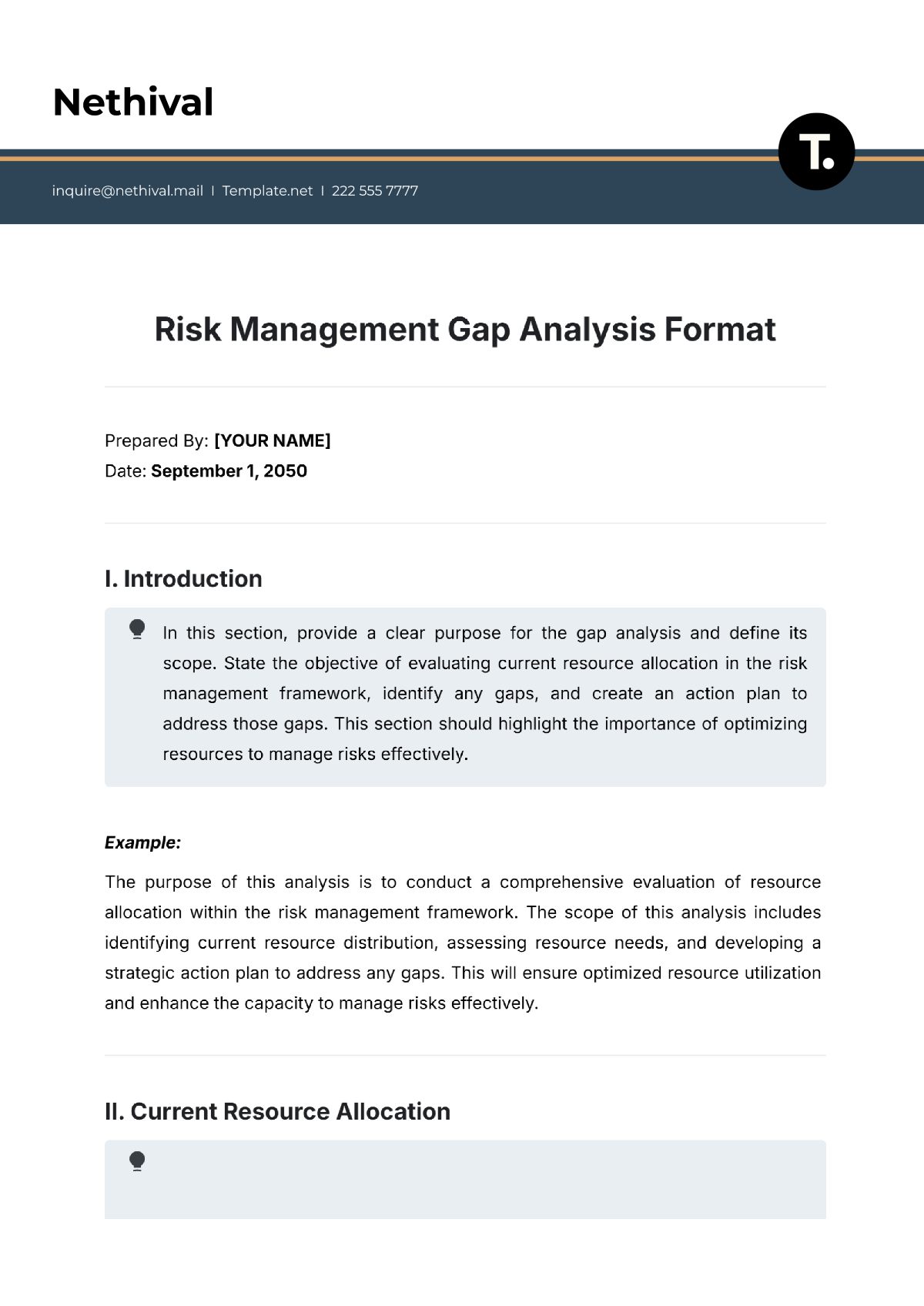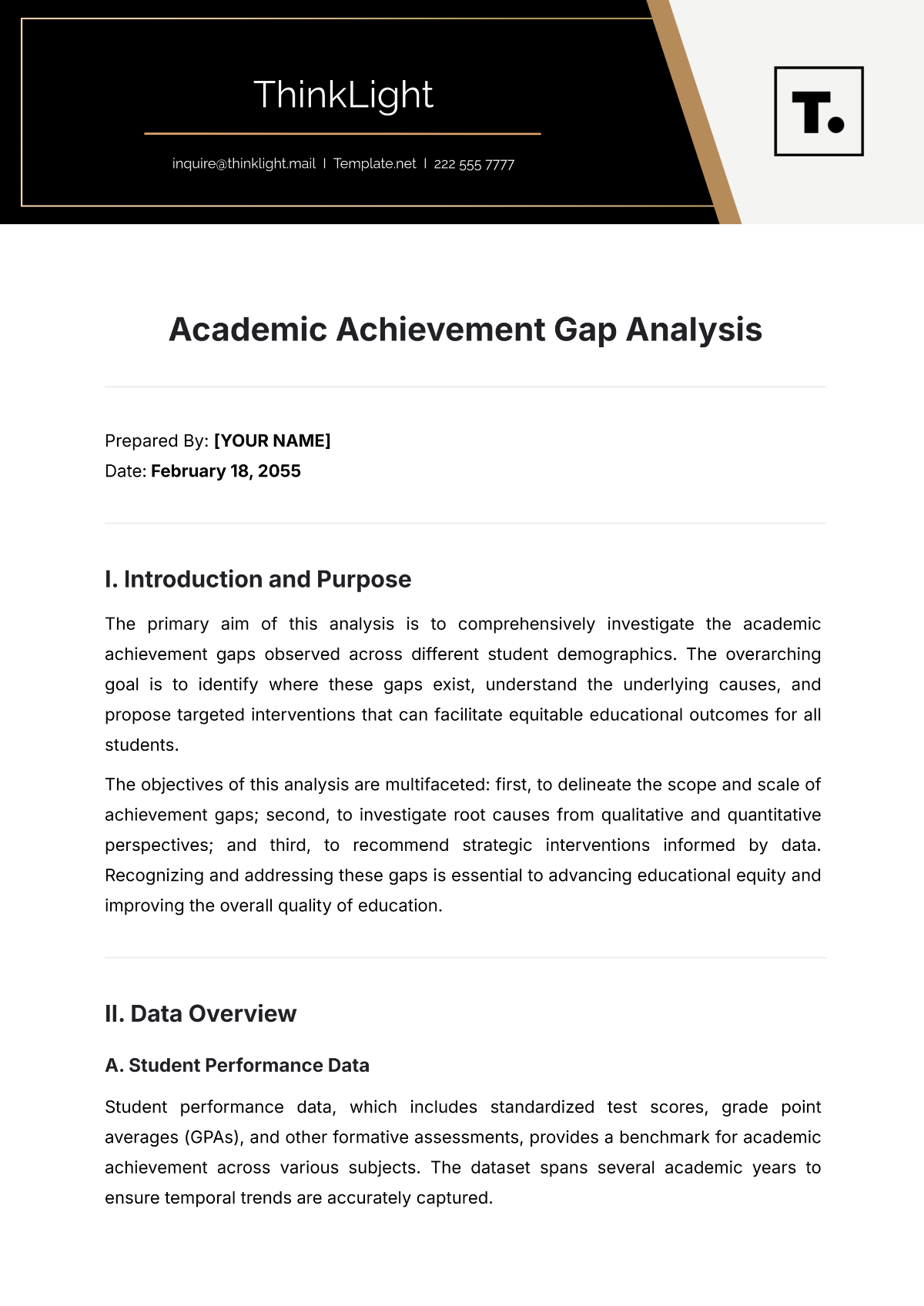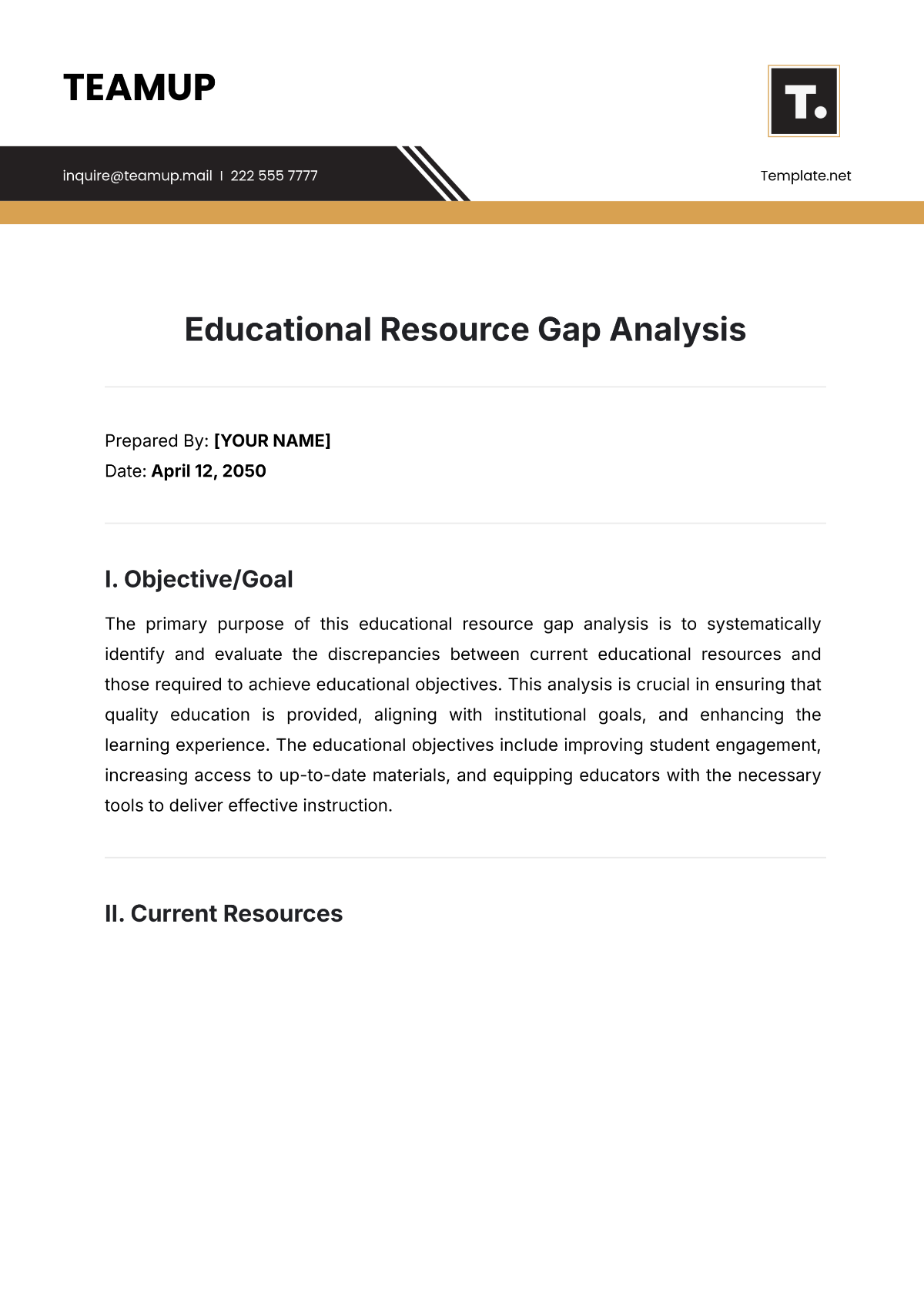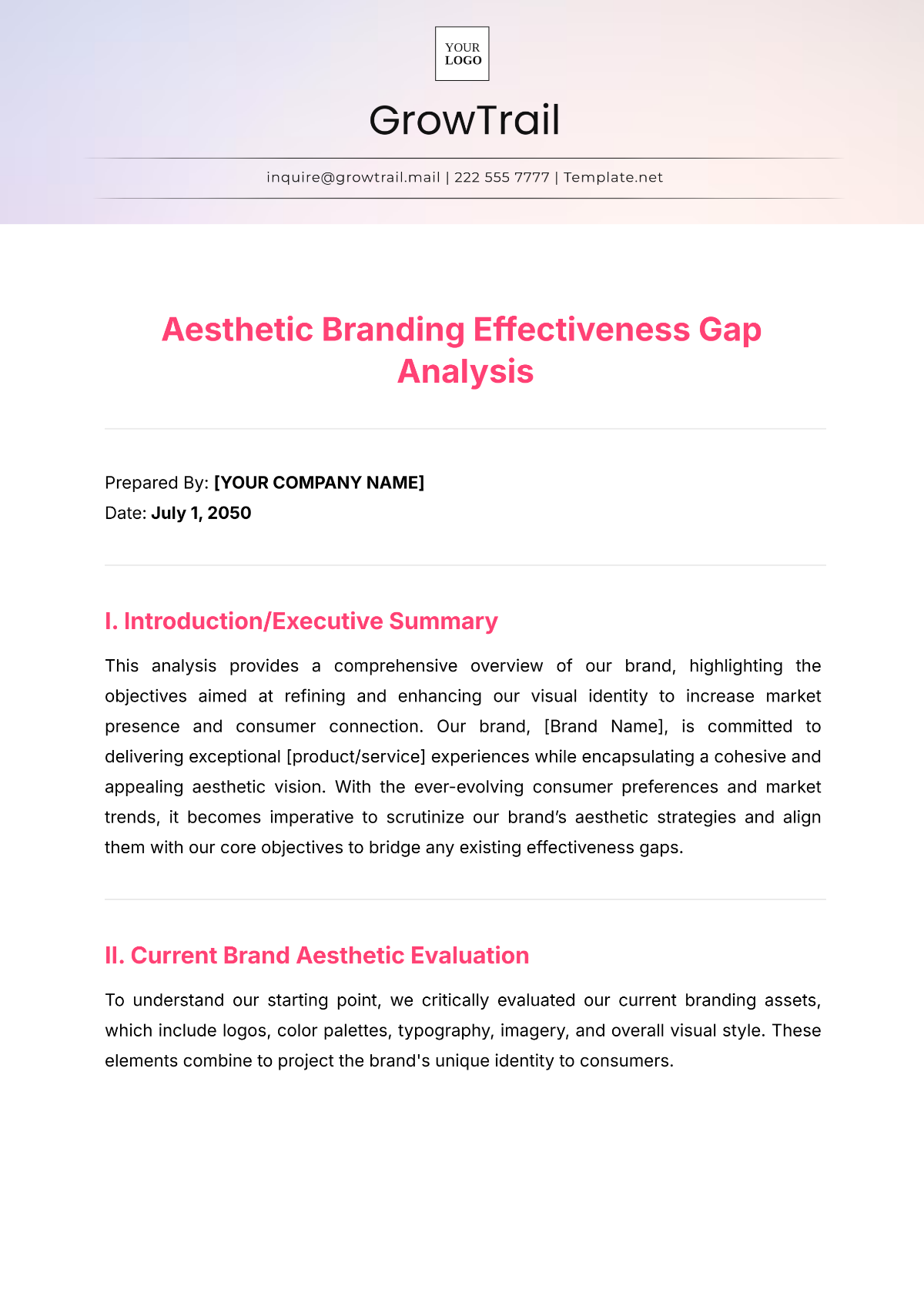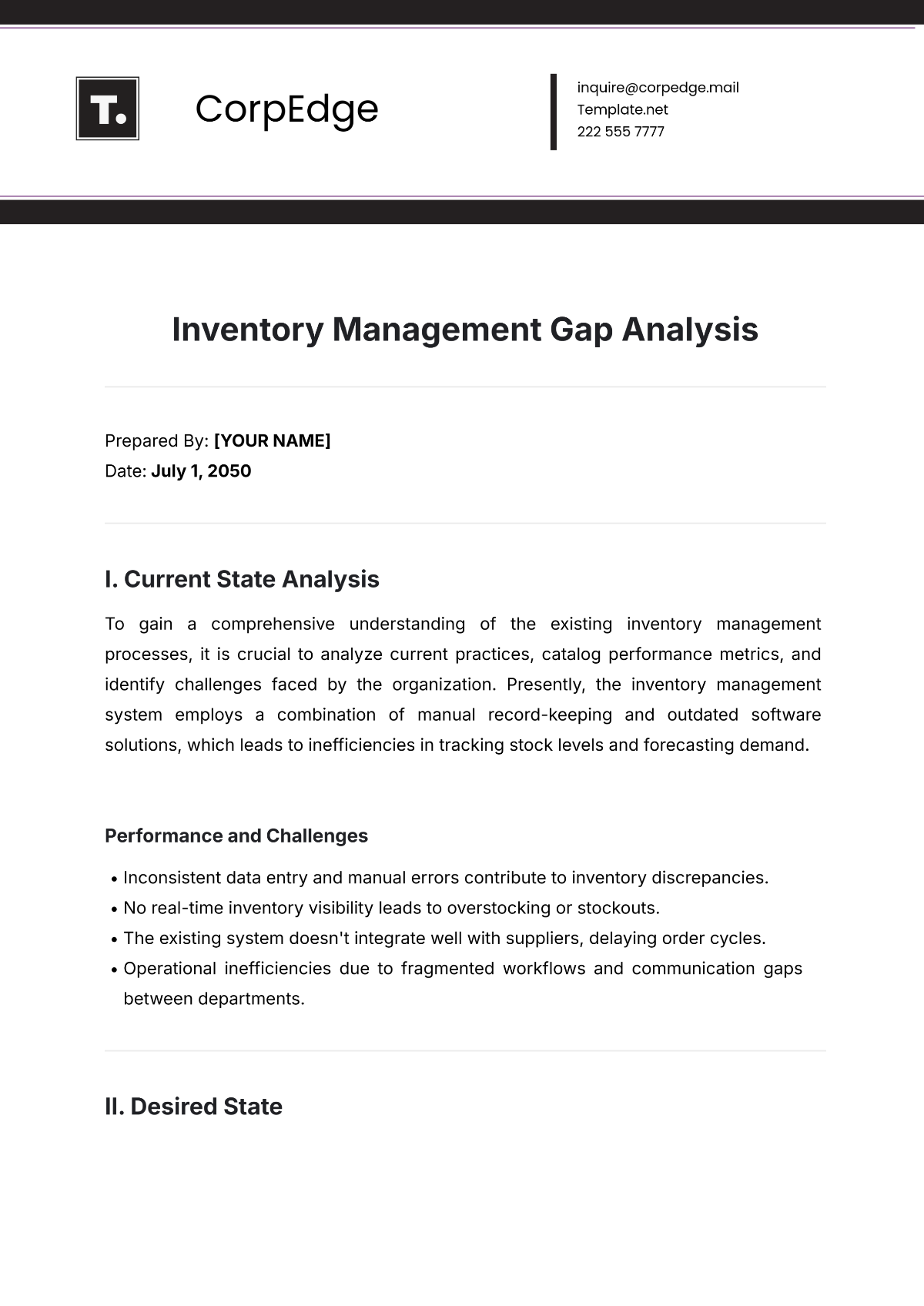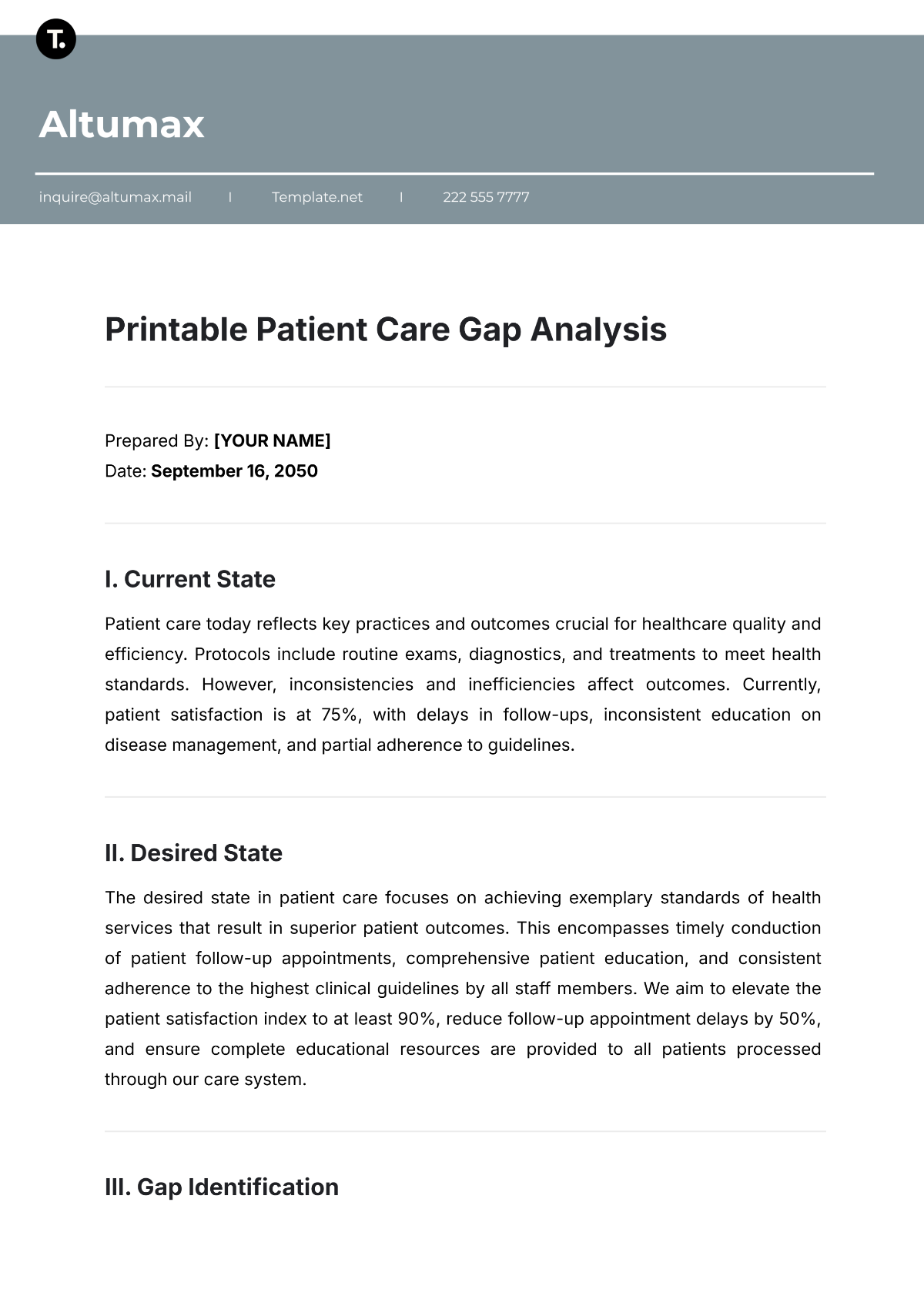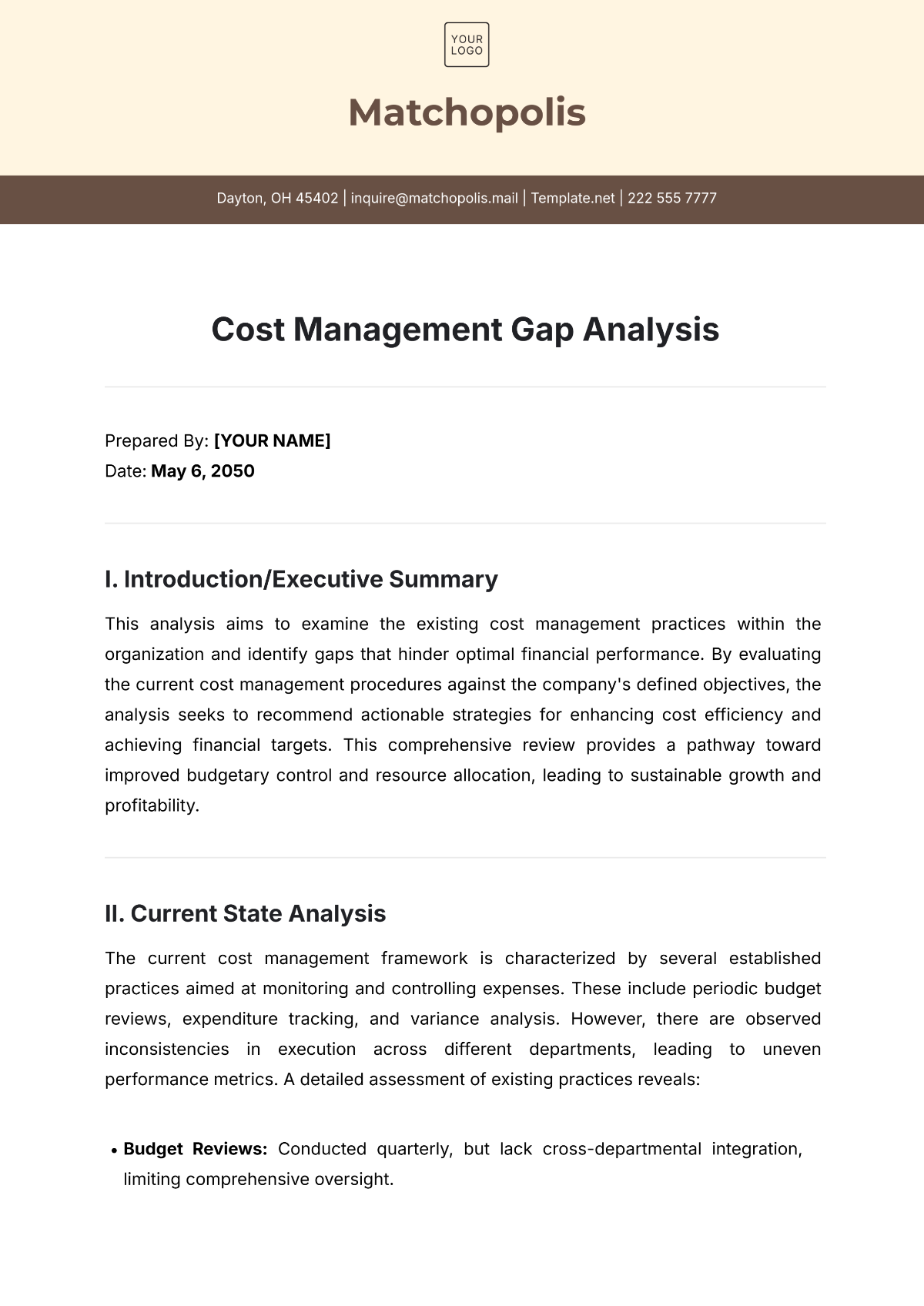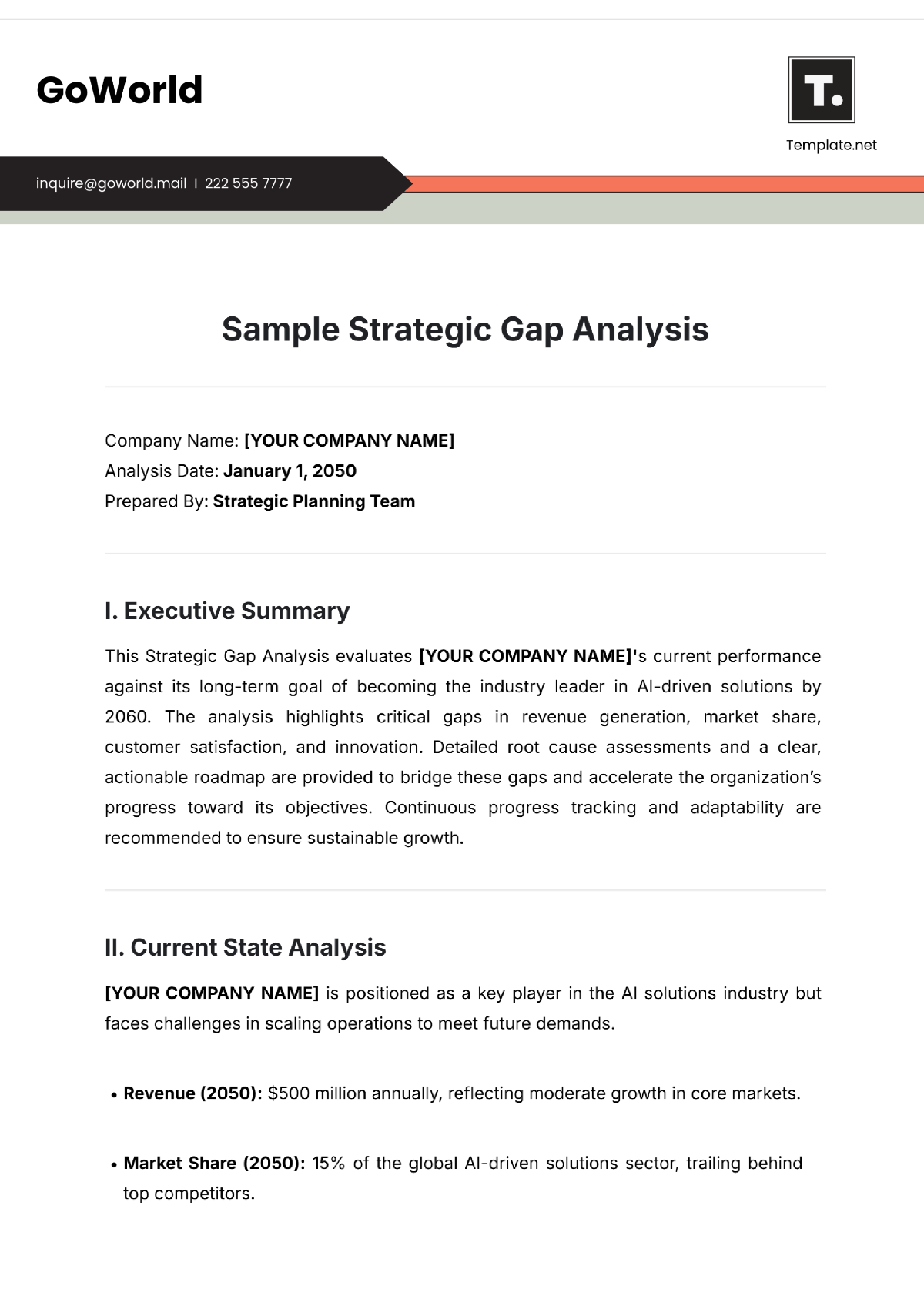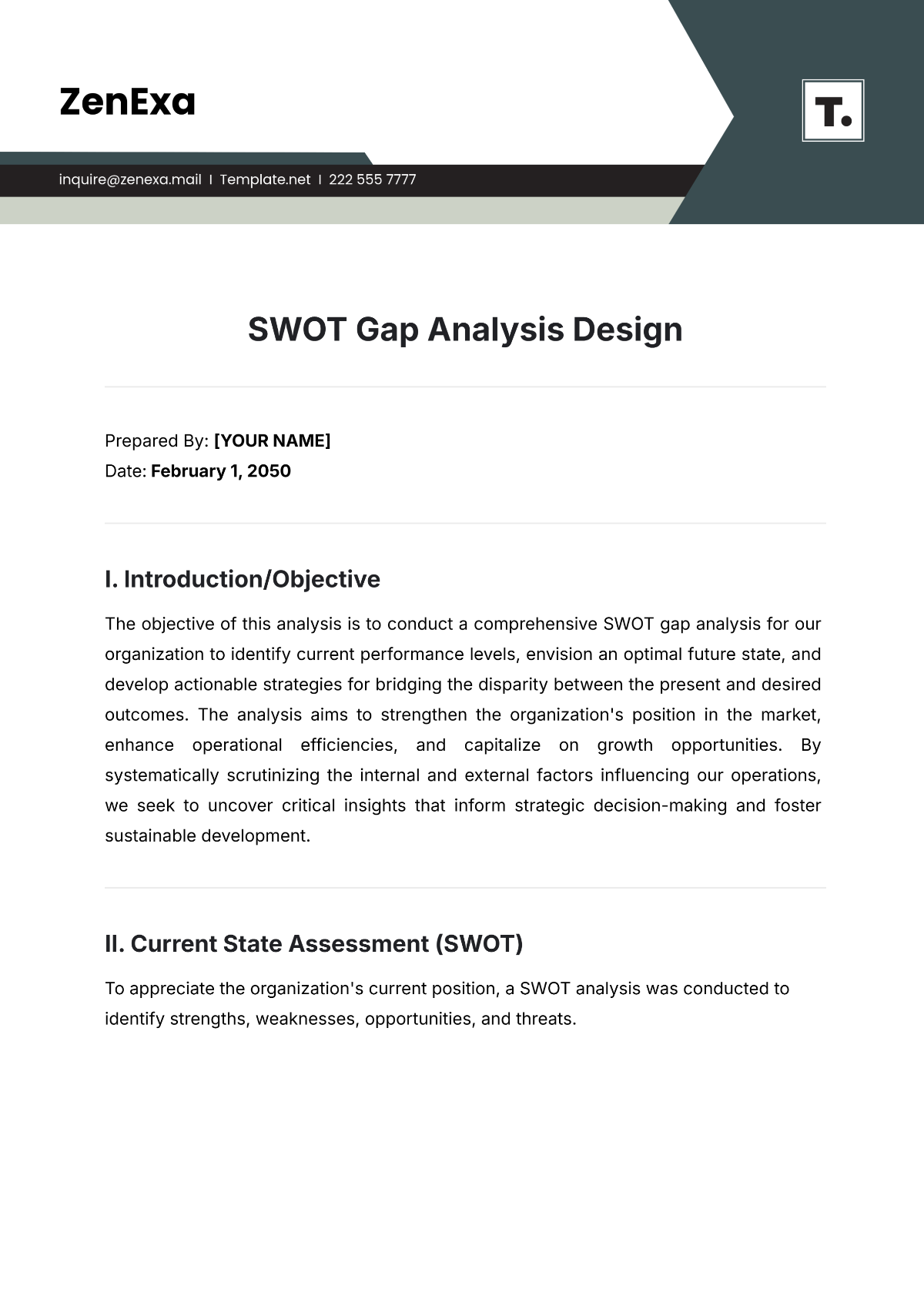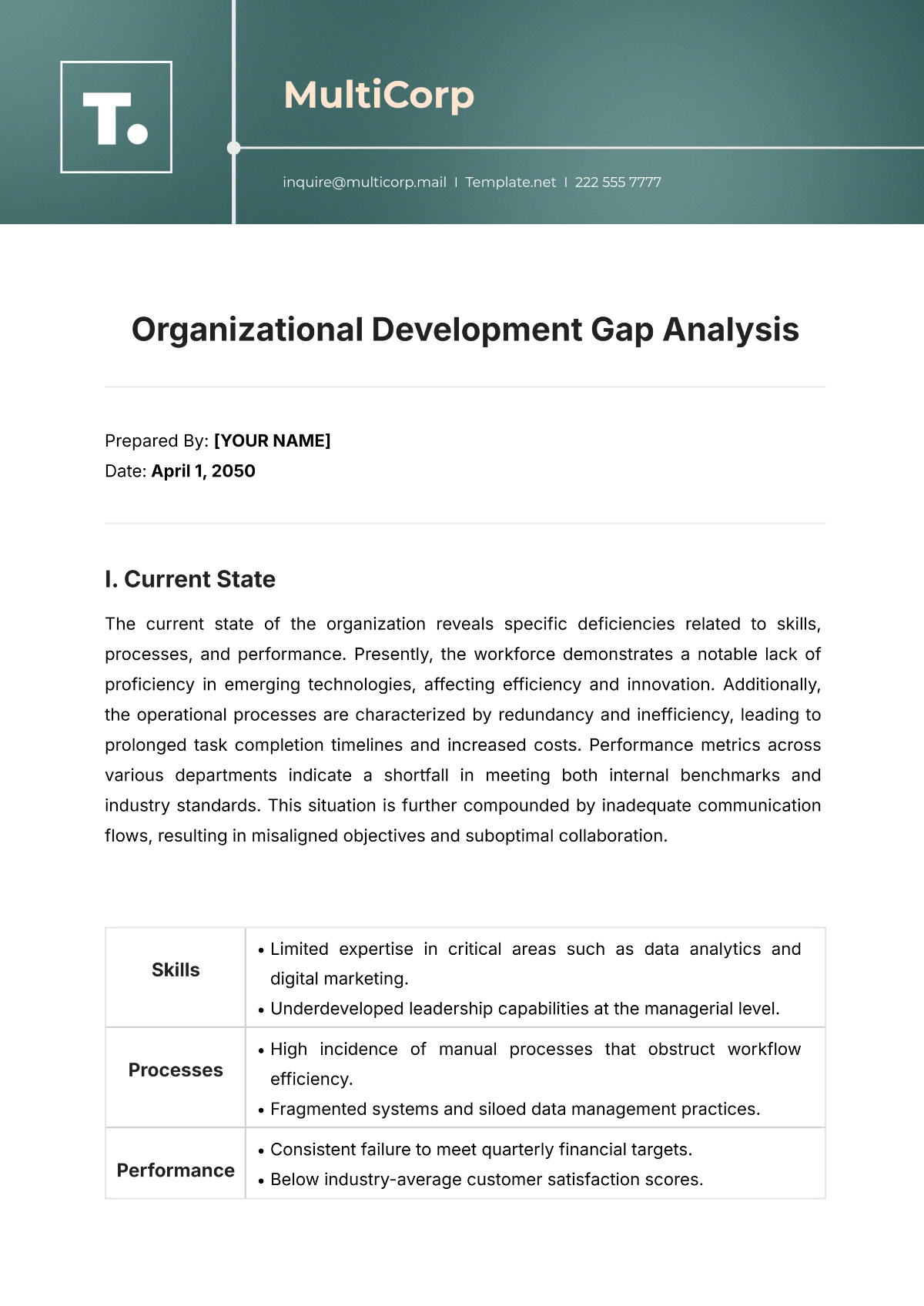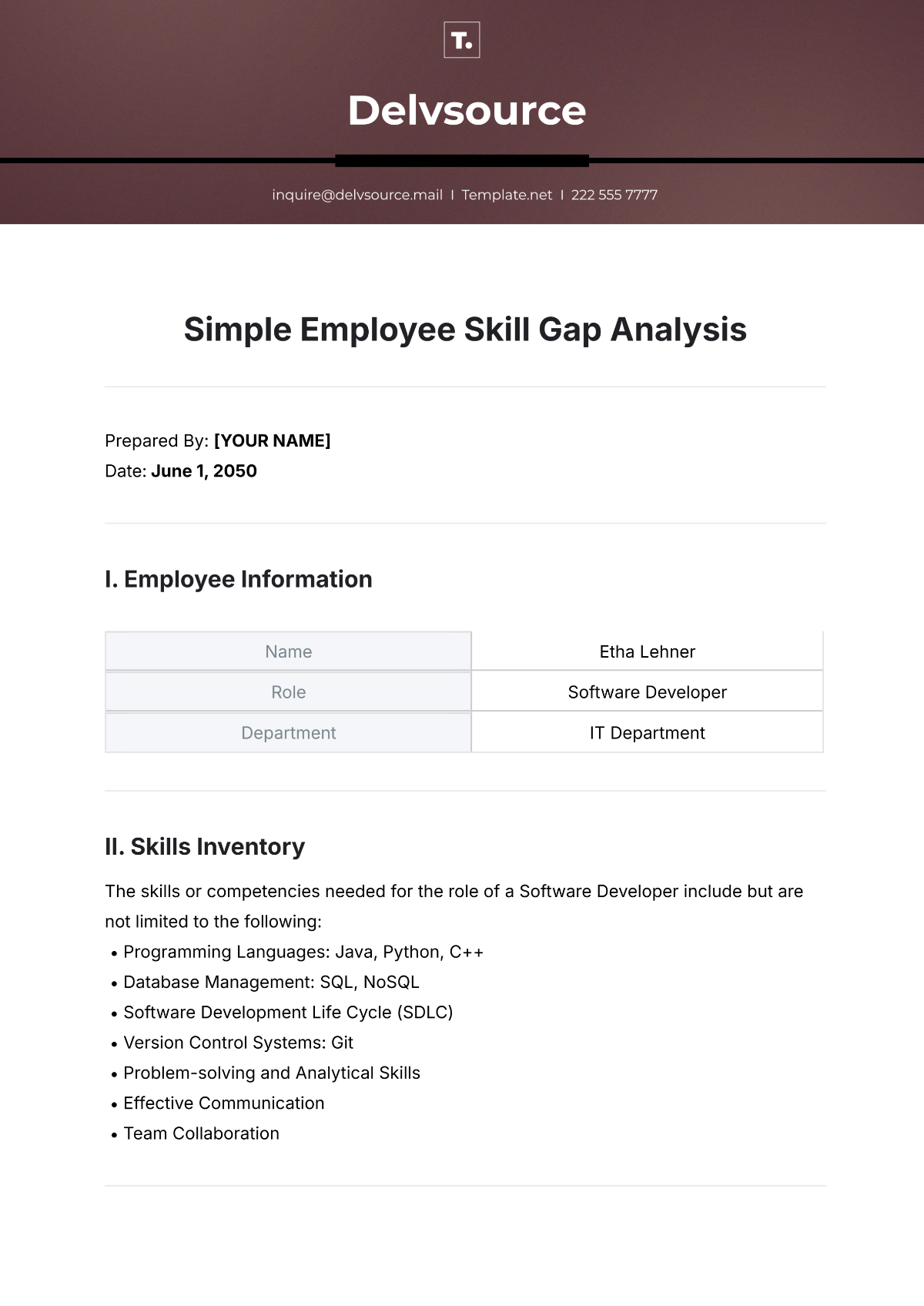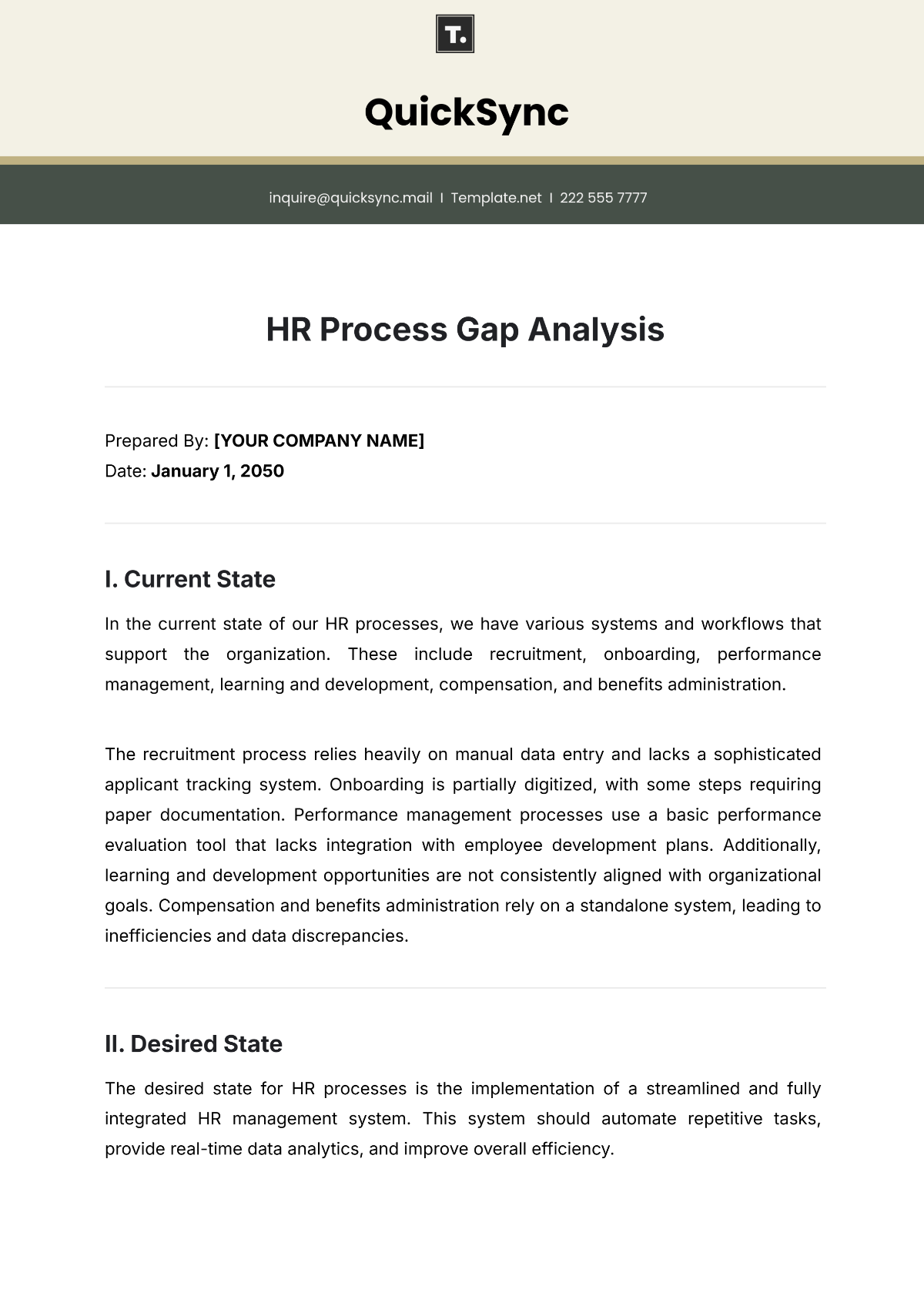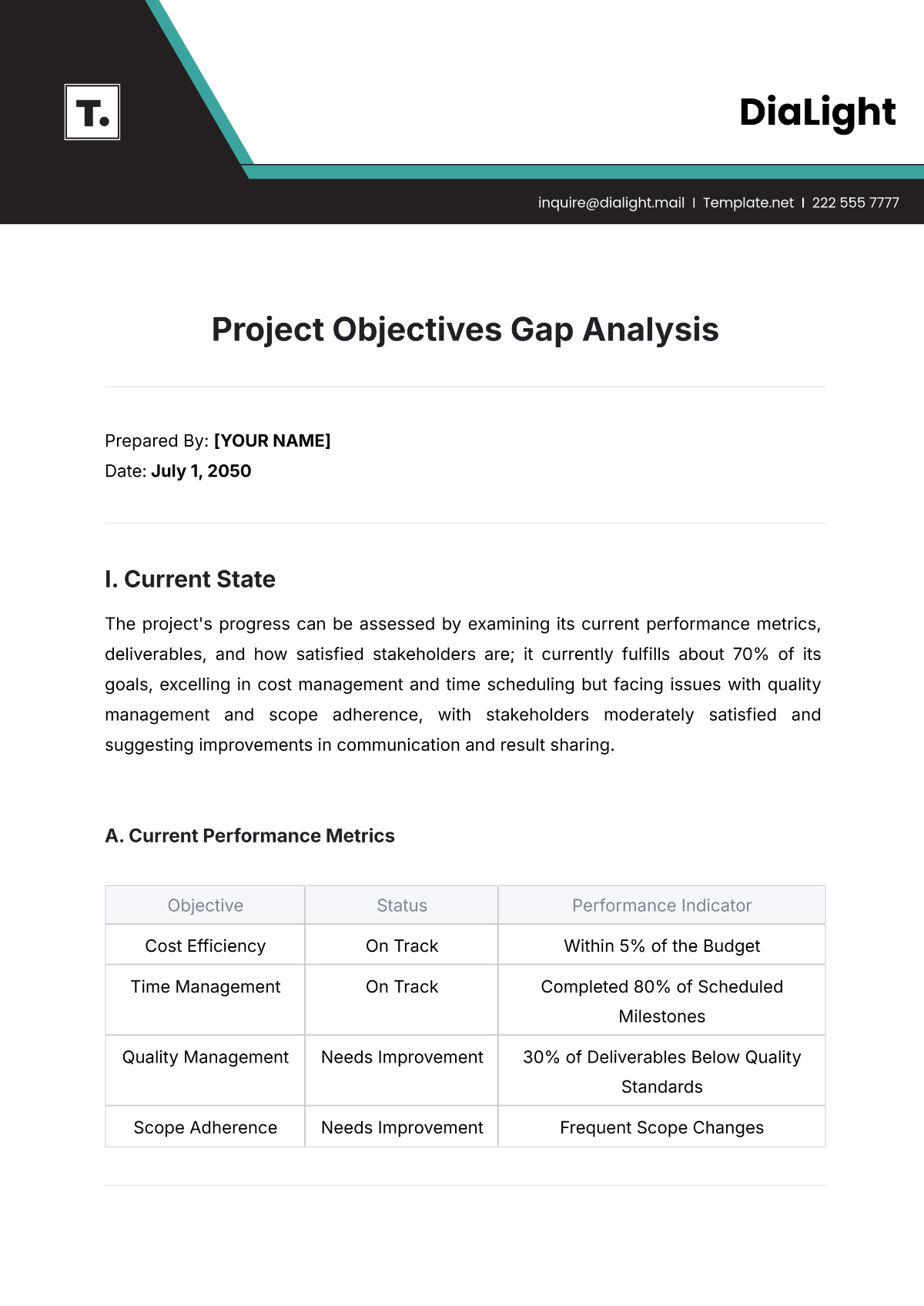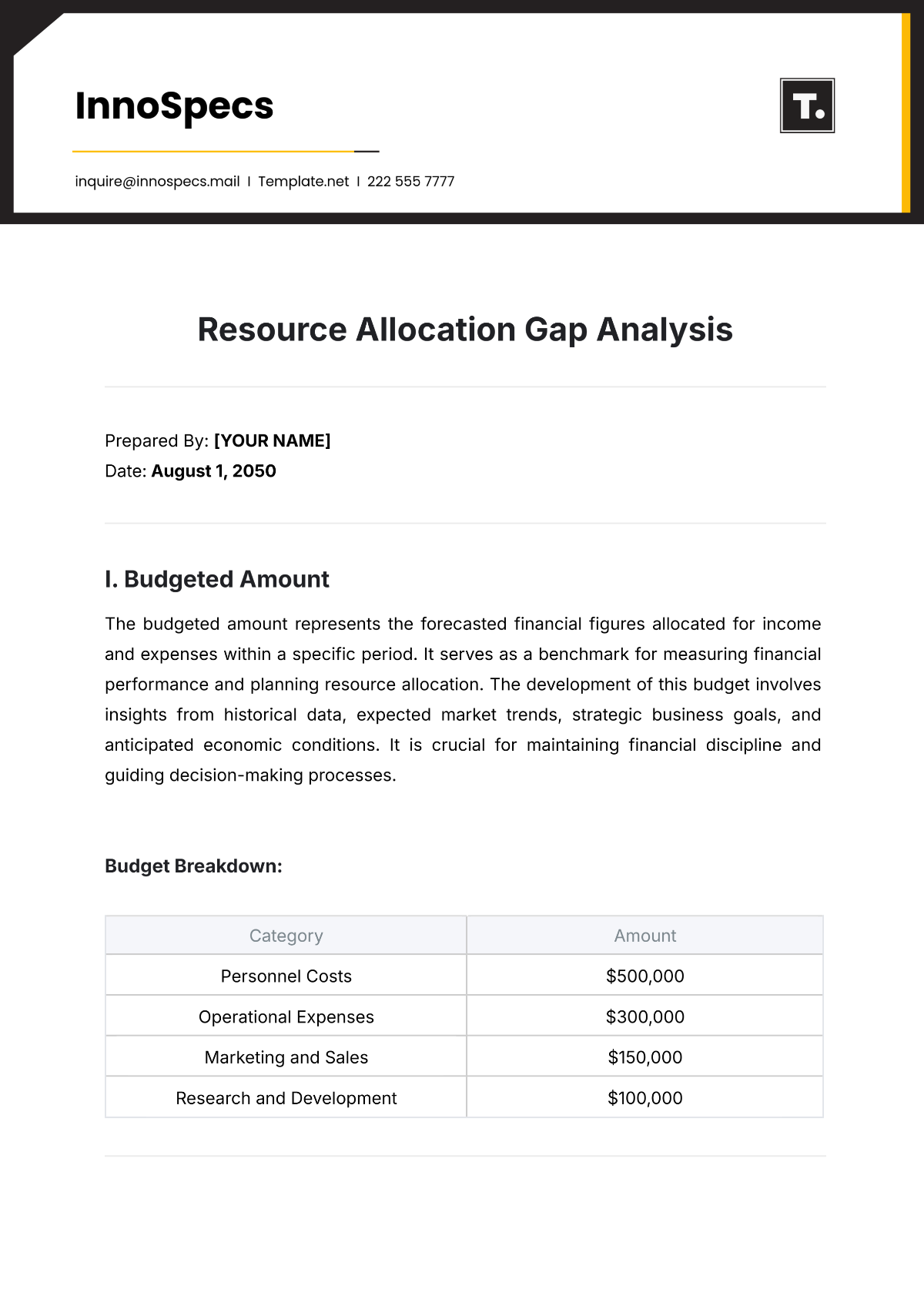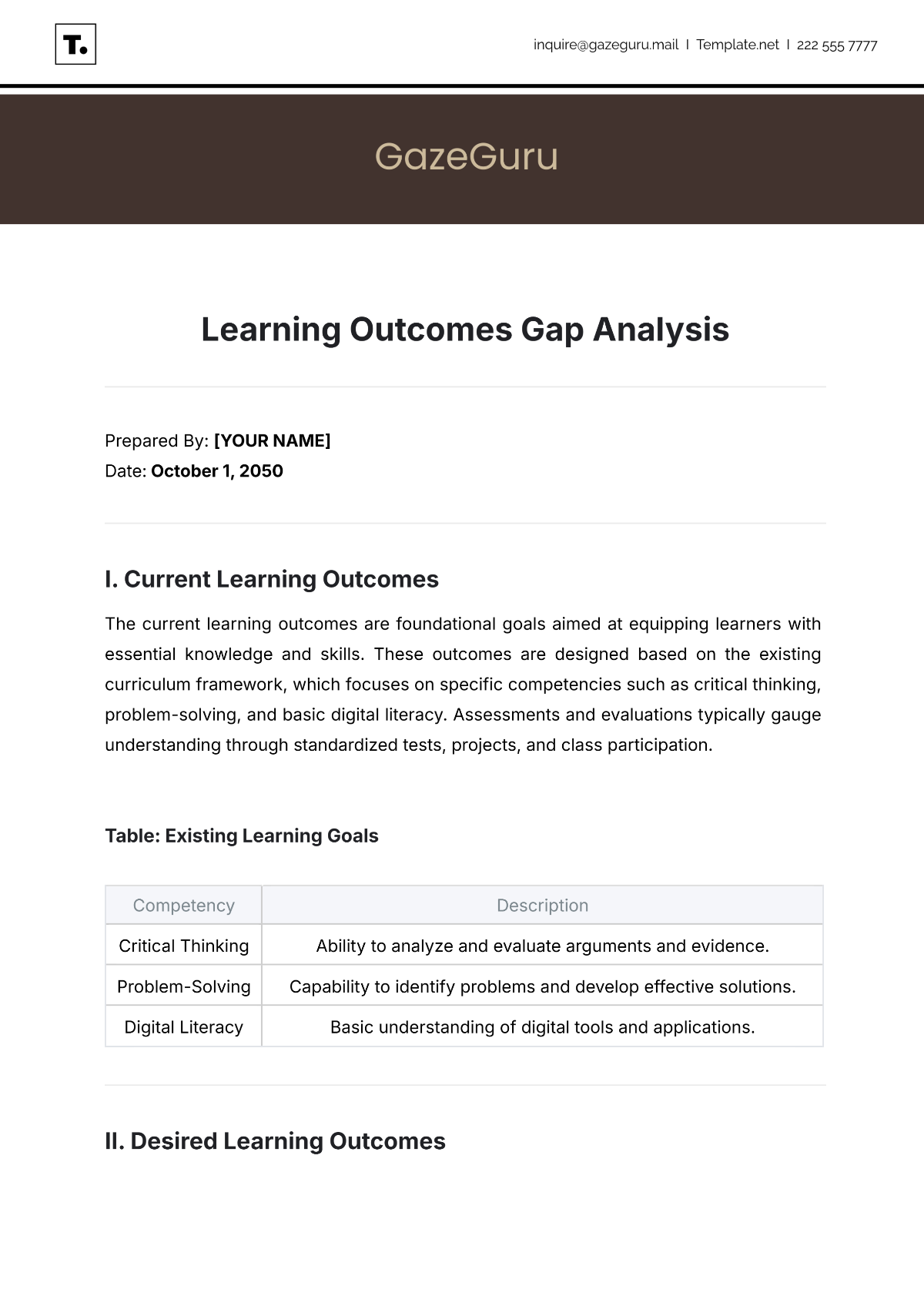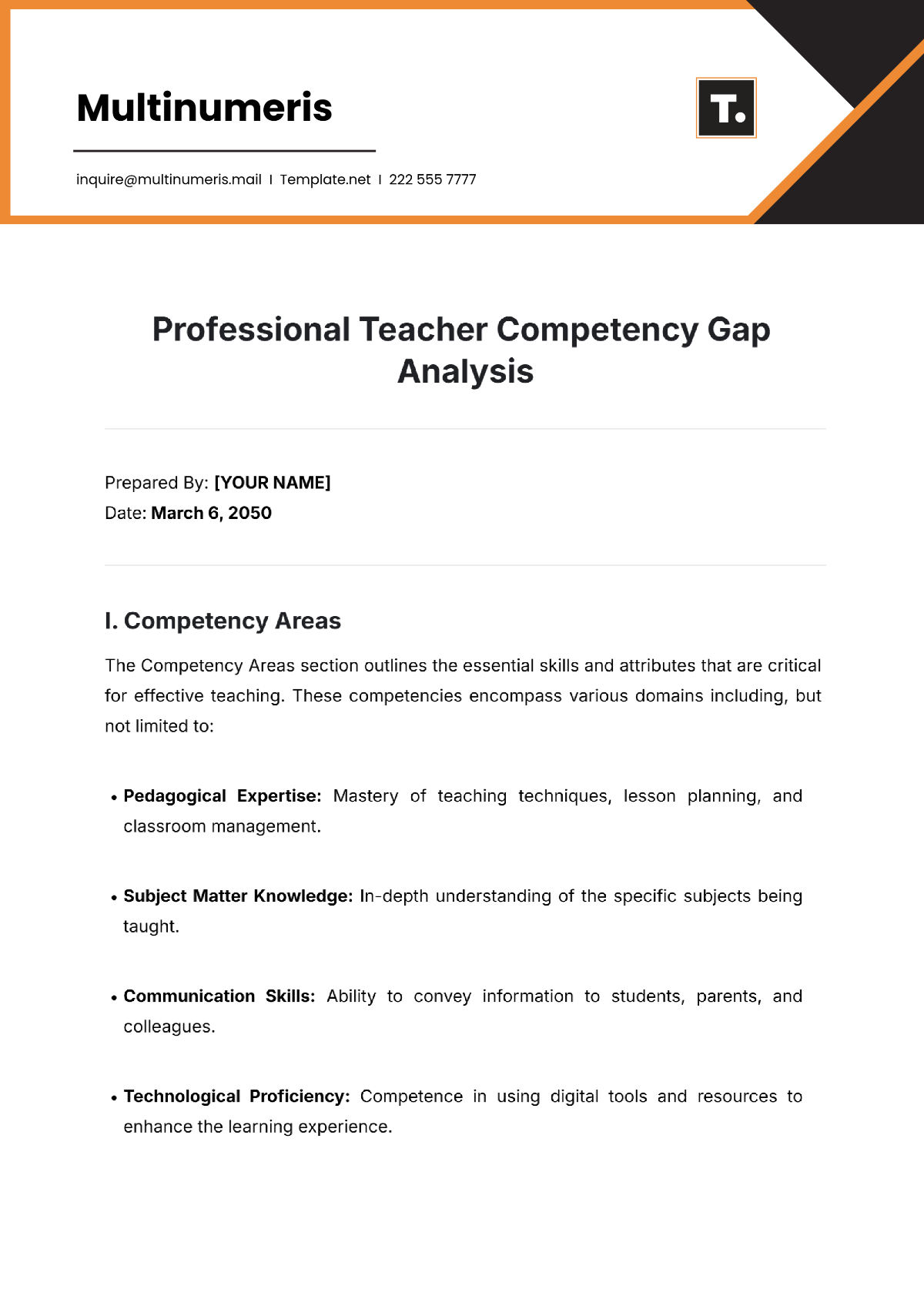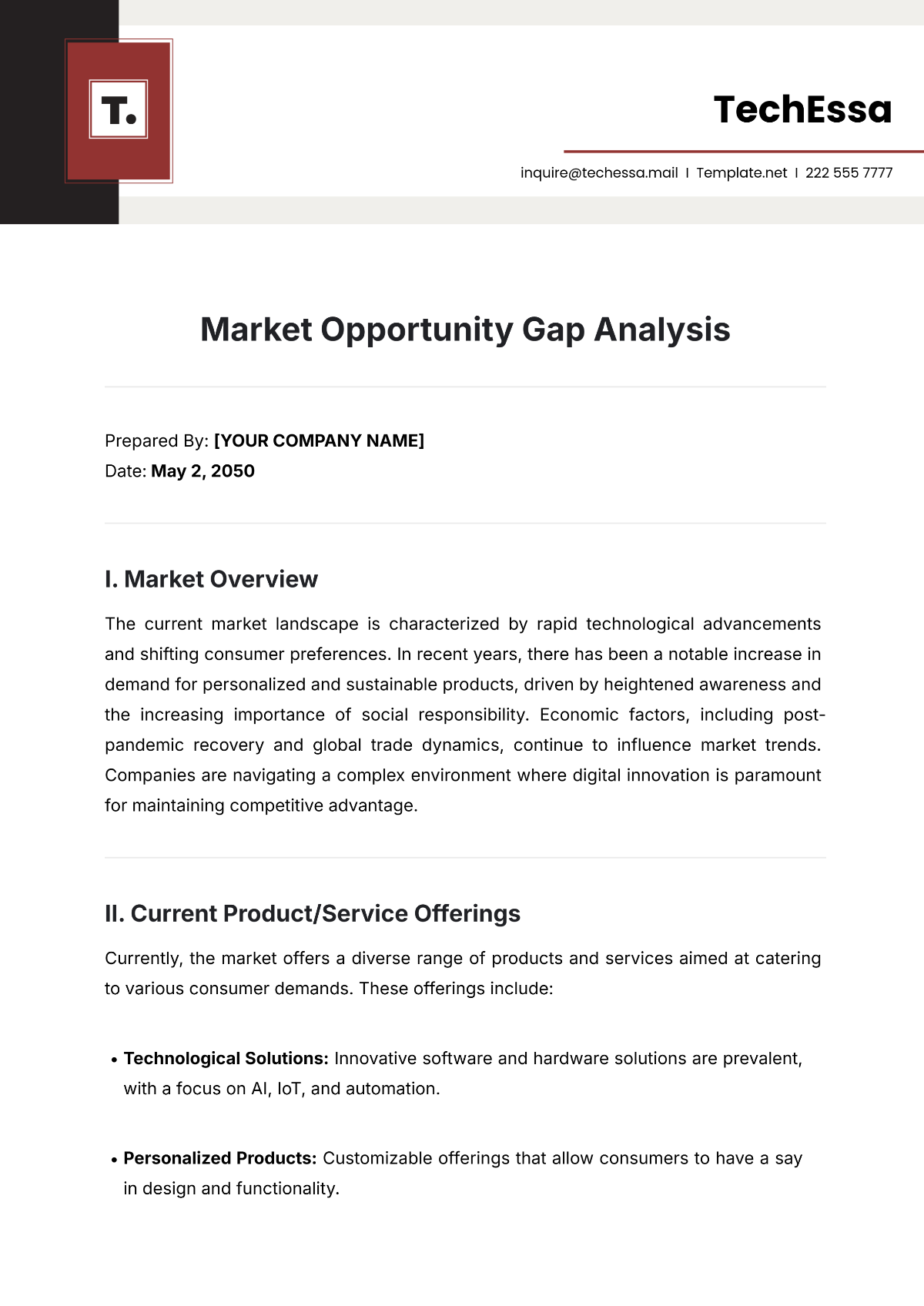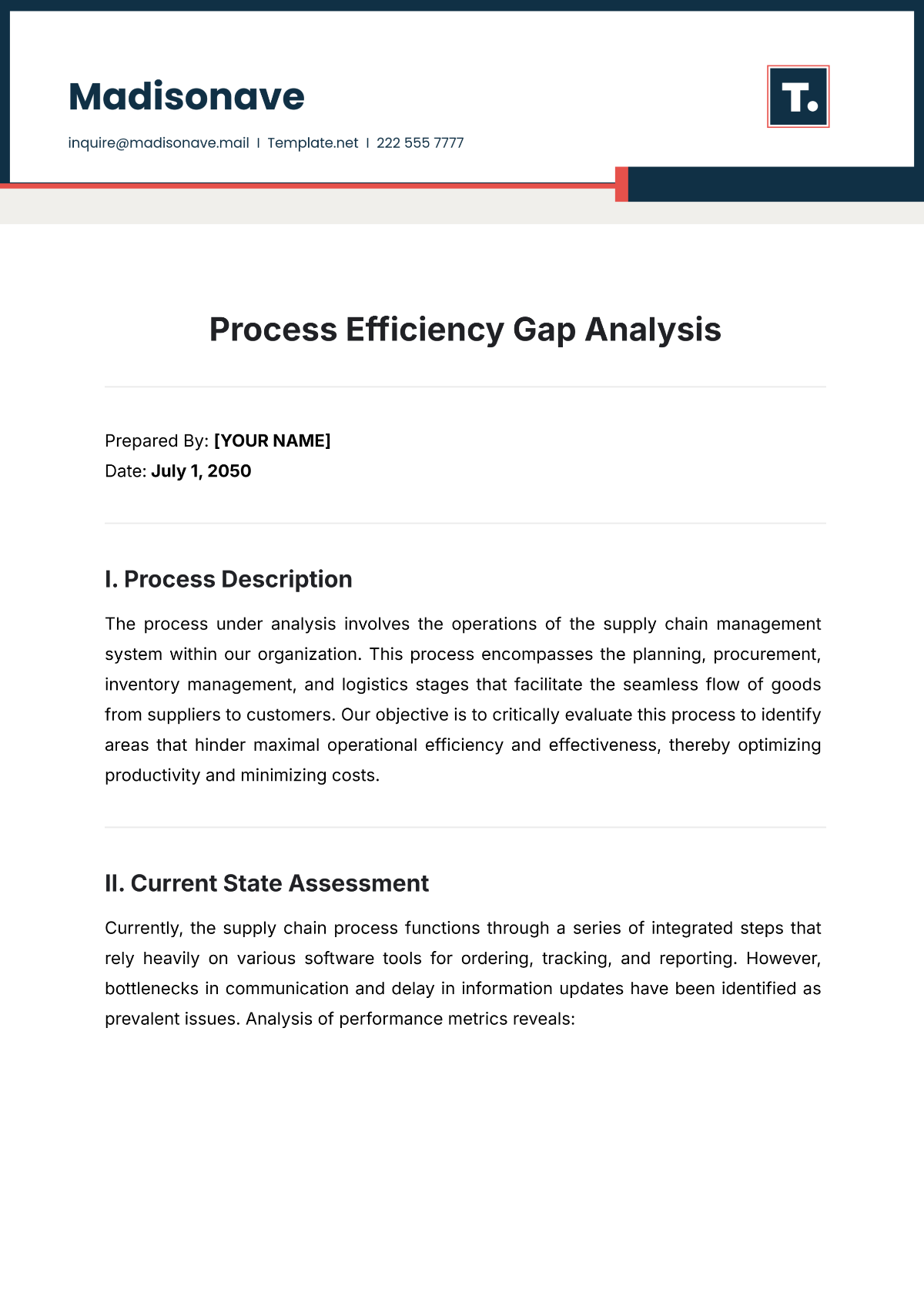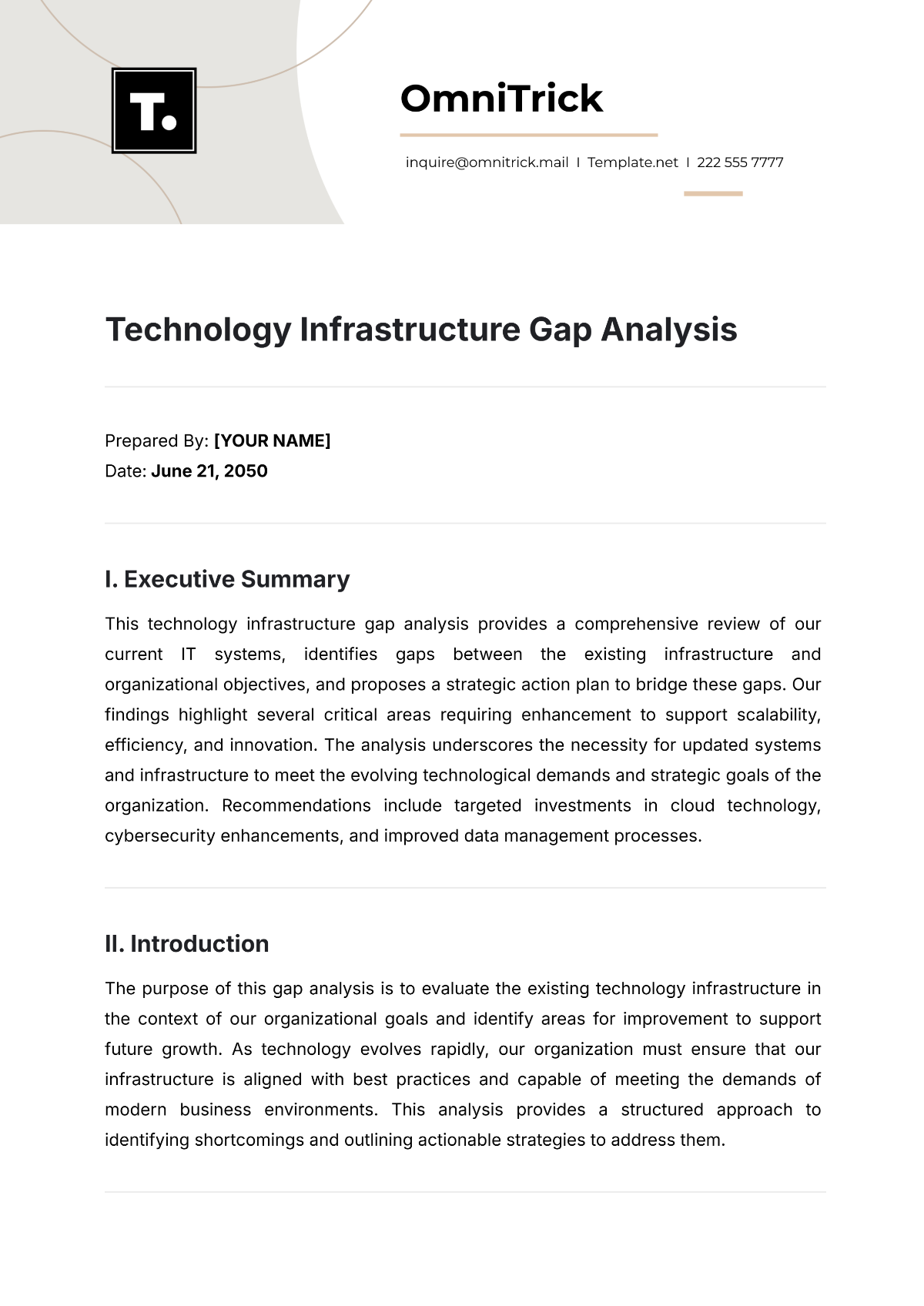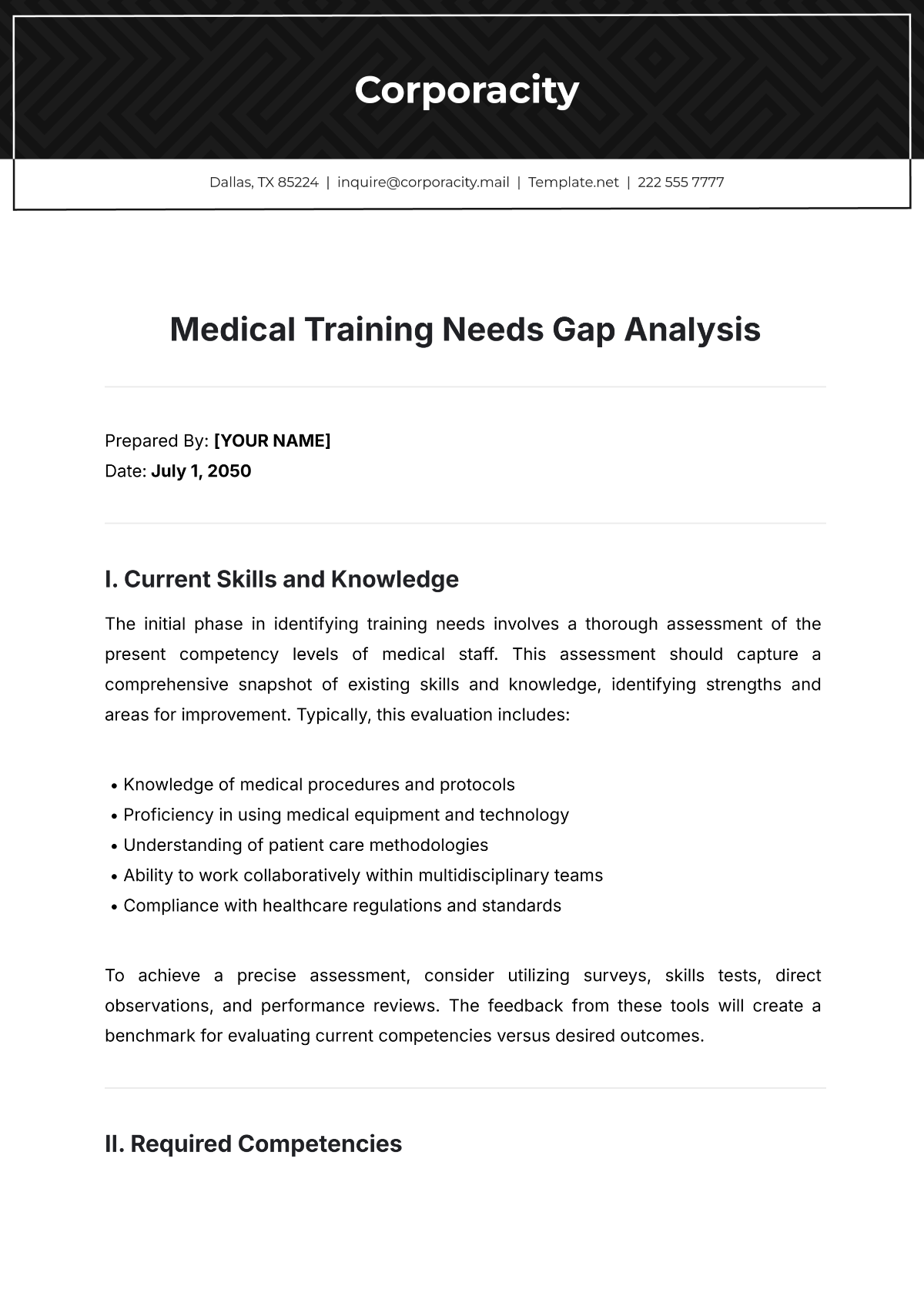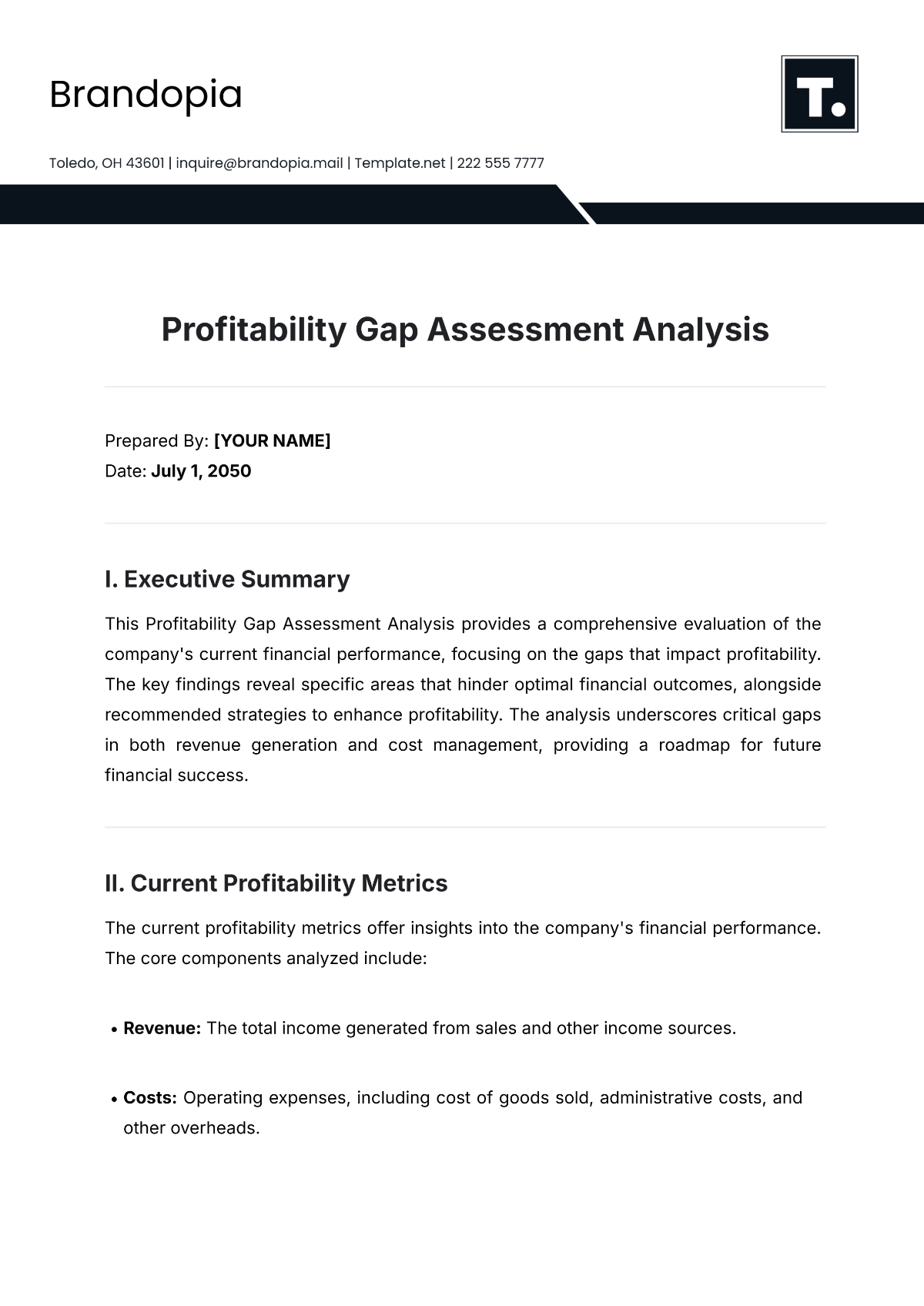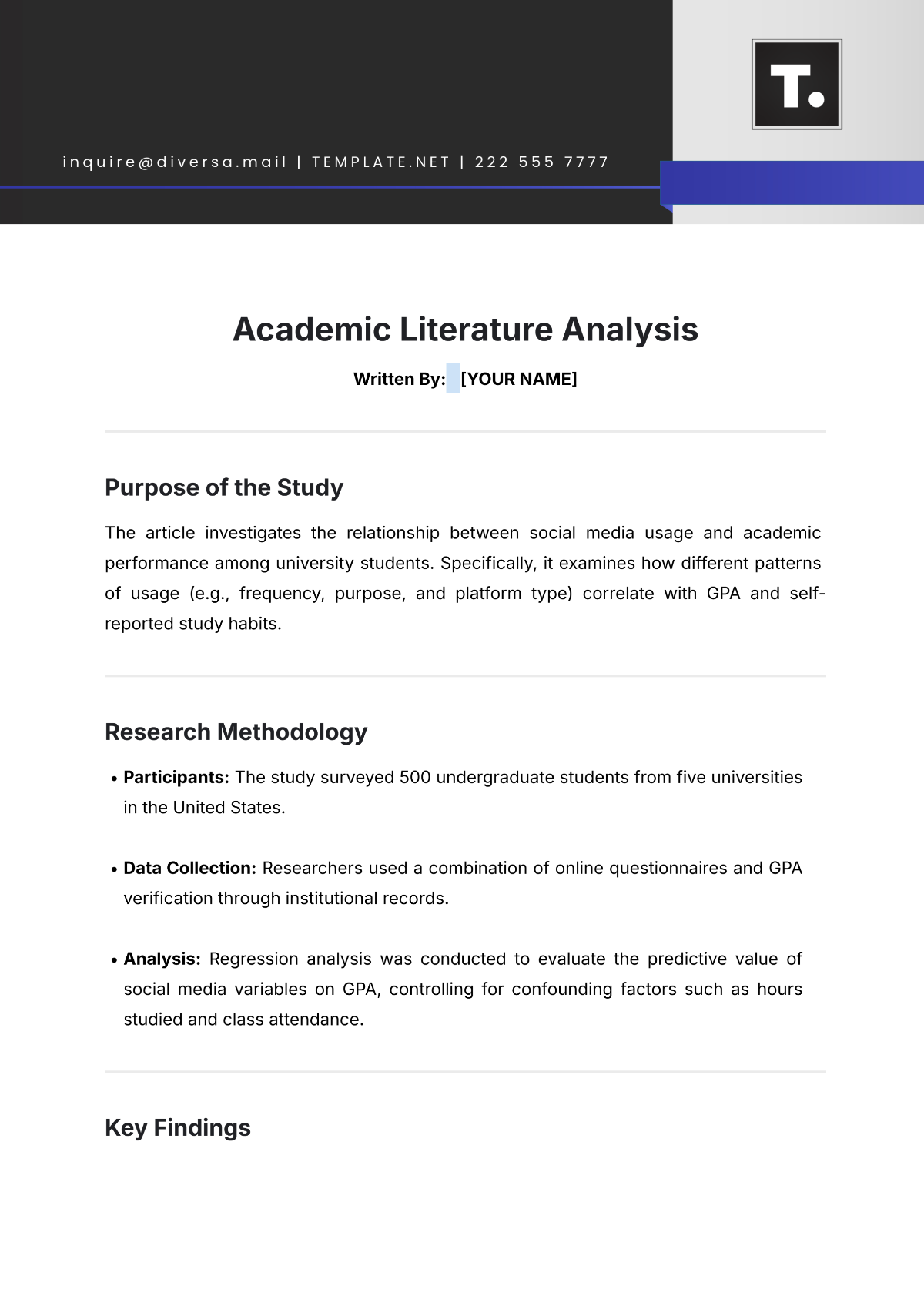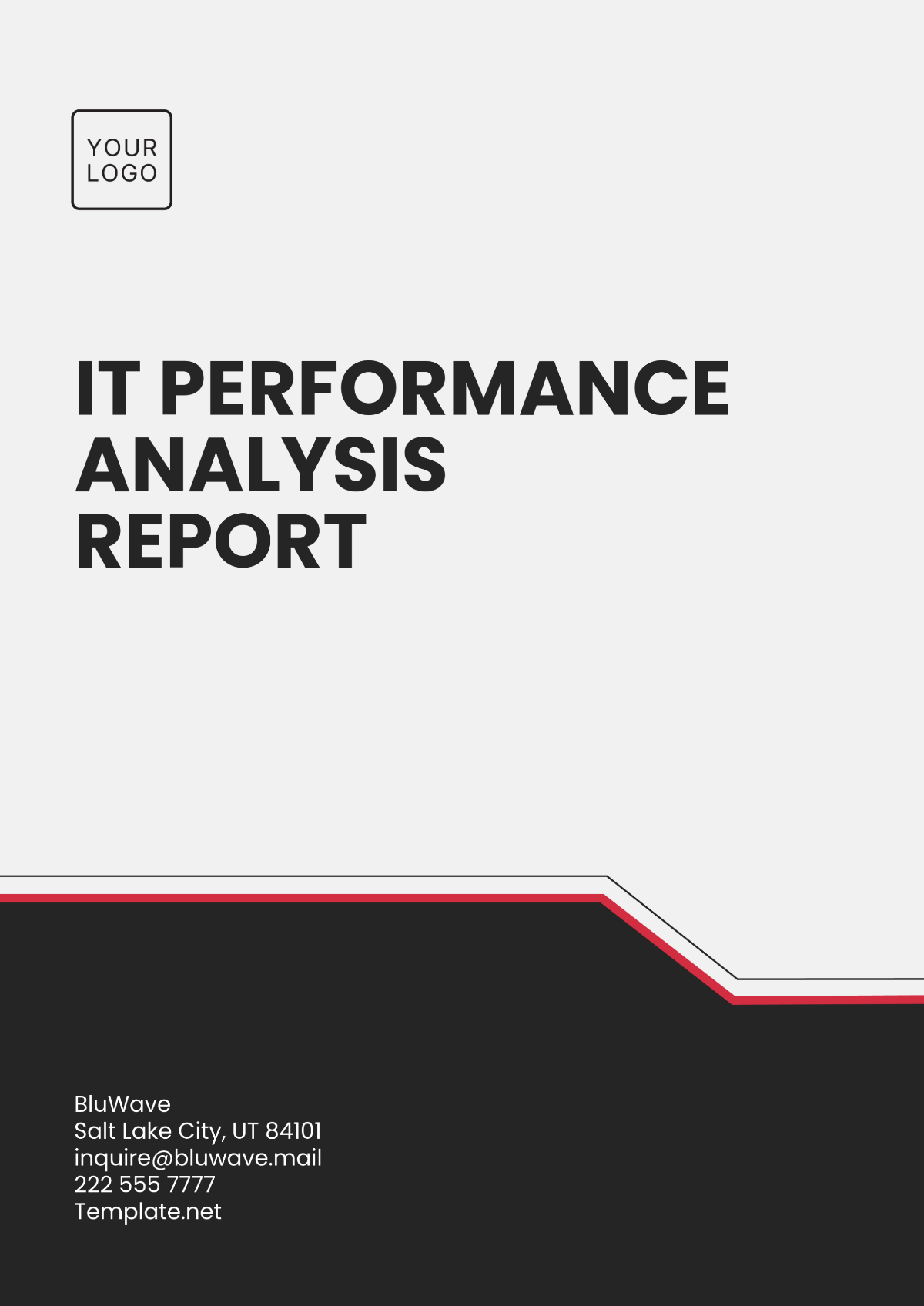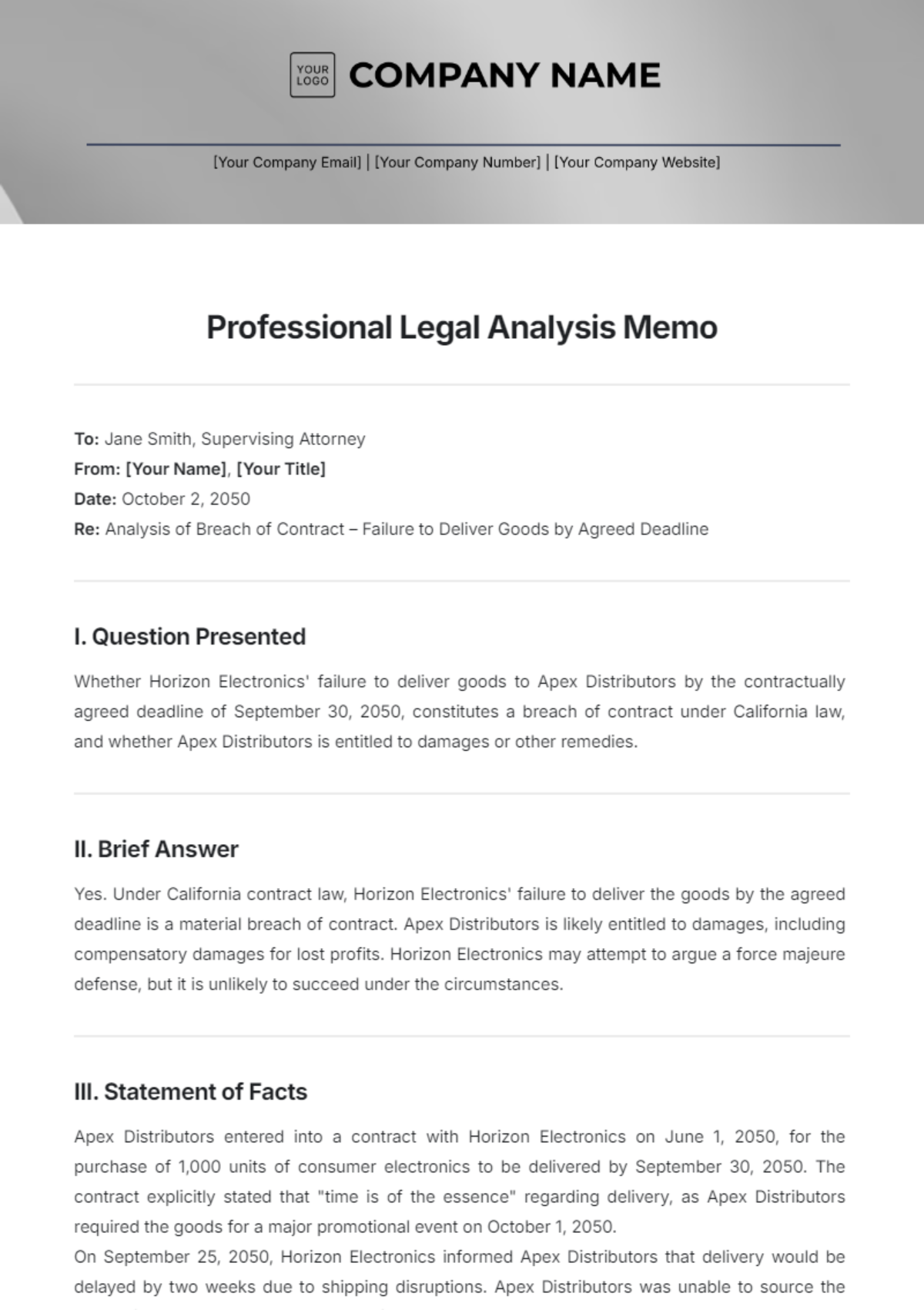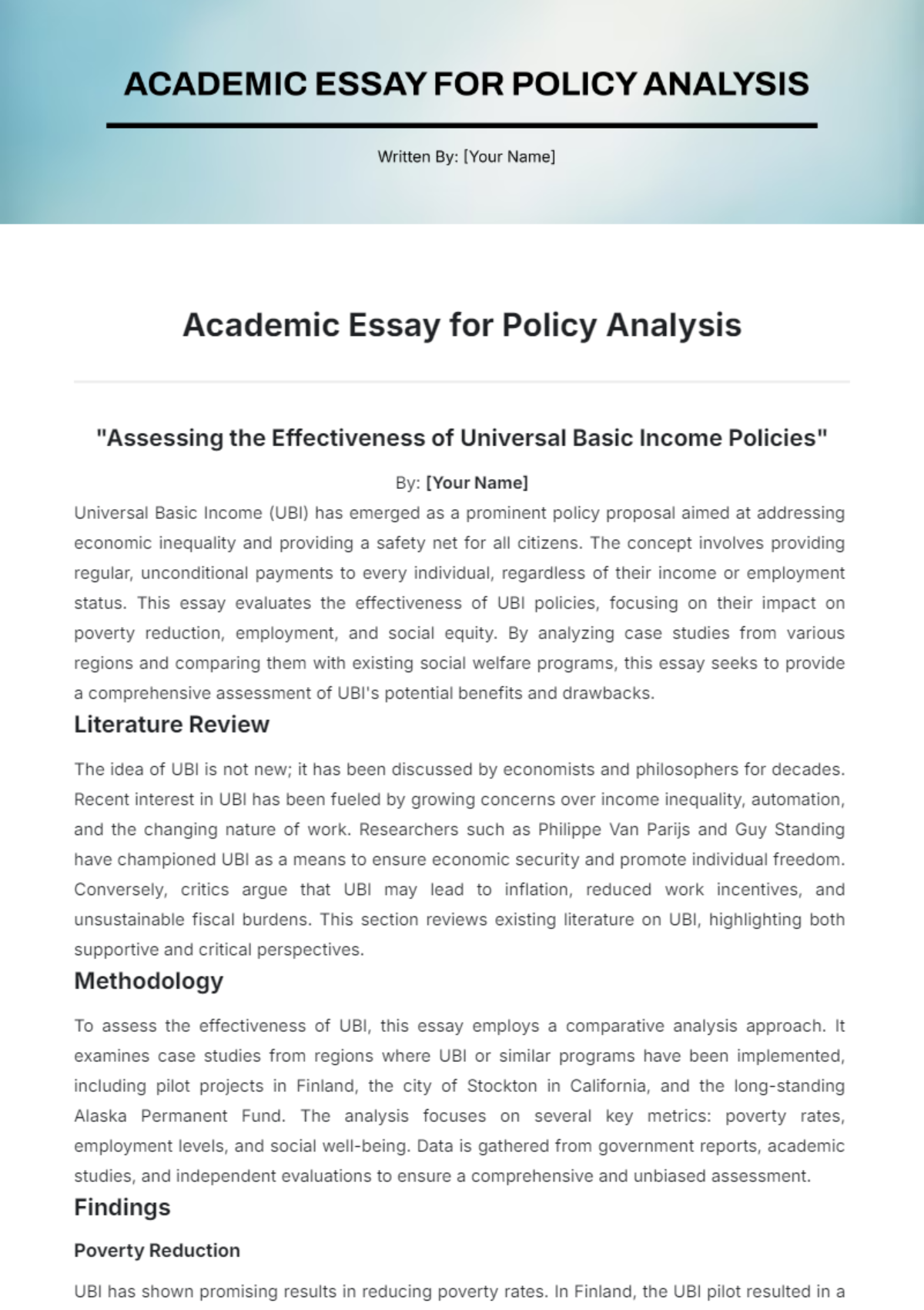Subject Matter in Rhetorical Analysis
Prepared By: [Your Name]
Date: [Date]
I. Introduction
Modern education has undergone a significant transformation over the last few decades, primarily due to technological advancements. This analysis delves into the multifaceted impact of technology on various aspects of education, from teaching methodologies to student engagement and learning outcomes.
II. Technological Advancements in Education
1. Digital Classrooms
The advent of digital classrooms has reshaped the traditional learning environment, offering a more interactive and engaging experience for students. This section covers key elements of digital classrooms, including tools, benefits, and challenges.
1.1 Tools Used in Digital Classrooms
Tool | Description |
|---|---|
Interactive Whiteboards | Electronic boards that facilitate interactive lessons. |
Learning Management Systems (LMS) | Platforms for managing course content, tracking progress, and communication. |
Educational Apps | There are various apps that provide unique learning experiences and resources. |
1.2 Benefits of Digital Classrooms
Increased student engagement
Access to a vast array of resources
Flexible learning environments
1.3 Challenges of Digital Classrooms
Technical issues and downtime
Inequity in access to technology
Potential for distraction
2. Online Learning
Online learning has revolutionized how students access education. This section explores the modalities, benefits, and limitations of online learning.
2.1 Modalities of Online Learning
Modality | Description |
|---|---|
Synchronous Learning | Real-time online classes with live instructor interaction. |
Asynchronous Learning | Learning occurs through recorded lectures and course materials at the student's pace. |
Hybrid Learning | A combination of both synchronous and asynchronous methods. |
2.2 Benefits of Online Learning
Flexibility in schedule
Access to a global pool of resources and instructors
Cost-effective compared to traditional education
2.3 Limitations of Online Learning
Lack of hands-on experience
Limited social interaction
Challenges in maintaining student motivation
III. Impact on Teaching Methodologies
1. Personalized Learning
Personalized learning tailors educational experiences to individual student needs, preferences, and learning styles. Technology plays a crucial role in facilitating this approach.
1.1 Tools and Technologies
Adaptive Learning Technologies
Artificial Intelligence and Machine Learning
Data Analytics
1.2 Advantages of Personalized Learning
Improves student engagement and motivation
Addresses individual learning gaps
Encourages self-paced learning
2. Collaborative Learning
Collaborative learning emphasizes teamwork and collaborative problem-solving. Technology aids in facilitating these interactions through various platforms and tools.
2.1 Tools Facilitating Collaborative Learning
Tool | Description |
|---|---|
Video Conferencing Software | It enables real-time collaboration and discussion. |
Online Collaboration Platforms | Platforms like Google Docs and Microsoft Teams for shared projects. |
Social Media Groups | Forums for discussion and resource sharing. |
2.2 Benefits of Collaborative Learning
Builds communication and teamwork skills
Enhances critical thinking and problem-solving abilities
Fosters a sense of community among students
IV. Student Engagement and Learning Outcomes
1. Gamification in Education
Gamification incorporates game design elements in educational settings to enhance student engagement and motivation.
1.1 Techniques Used in Gamification
Points and Reward Systems
Leaderboards
Challenges and Quests
1.2 Impact of Gamification
Increased student engagement
Improved learning outcomes
Enhanced motivation and participation
2. Virtual and Augmented Reality
Virtual and Augmented Reality (VR/AR) provide immersive learning experiences, making abstract concepts tangible.
2.1 Applications in Education
Virtual Field Trips
Simulation-based Learning
Augmented Reality for Interactive Lessons
2.2 Benefits of VR and AR
Enhanced understanding of complex subjects
Provides experiential learning opportunities
Increases student engagement and retention
V. Conclusion
The integration of technology into education has led to significant advancements in teaching methodologies, student engagement, and learning outcomes. While challenges remain, the benefits offered by digital classrooms, online learning, and innovative tools like VR and AR outweigh the drawbacks. Moving forward, it's essential to address these challenges and ensure equitable access to technology to fully harness its potential in transforming modern education.

